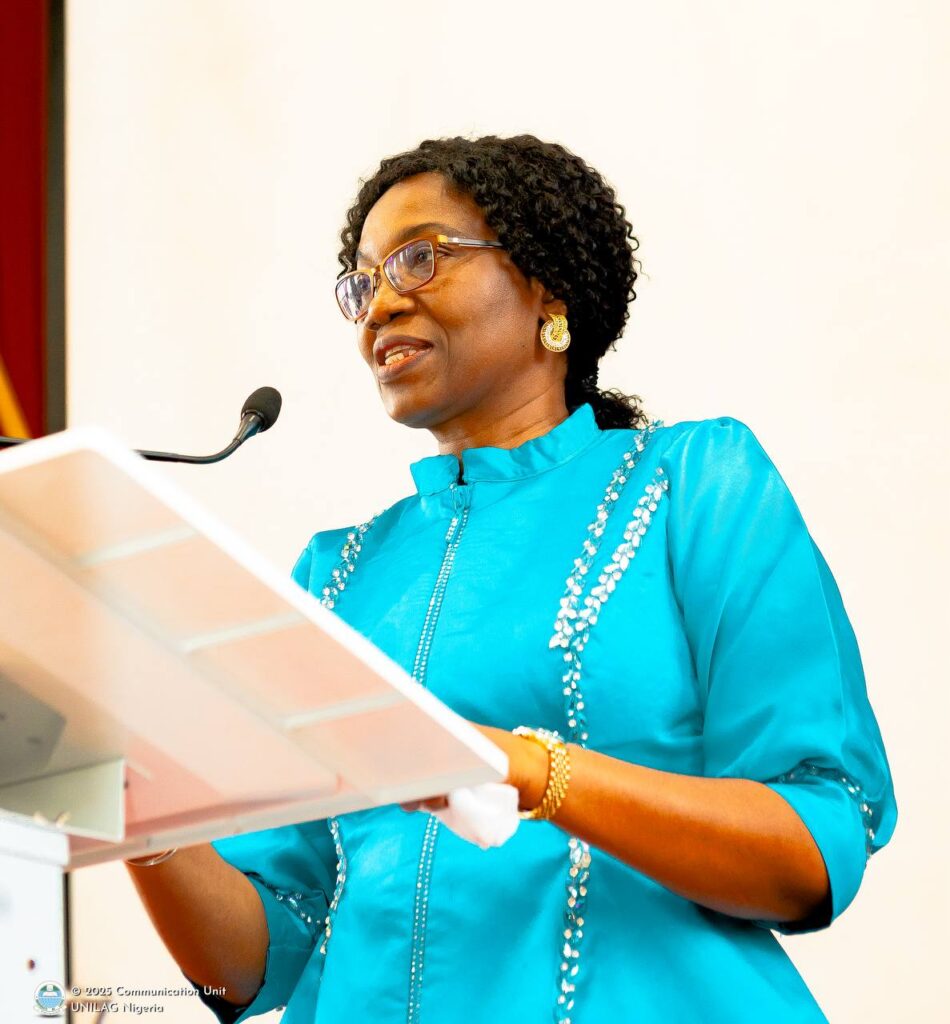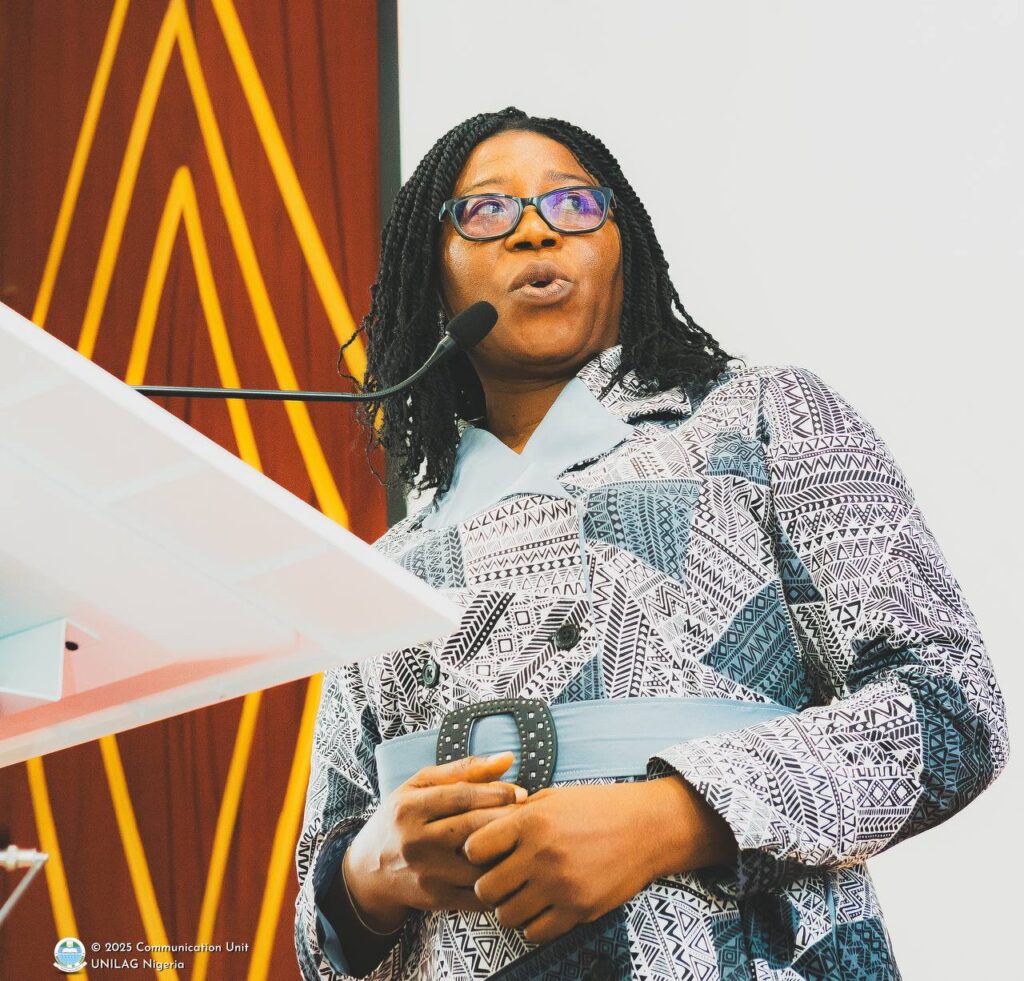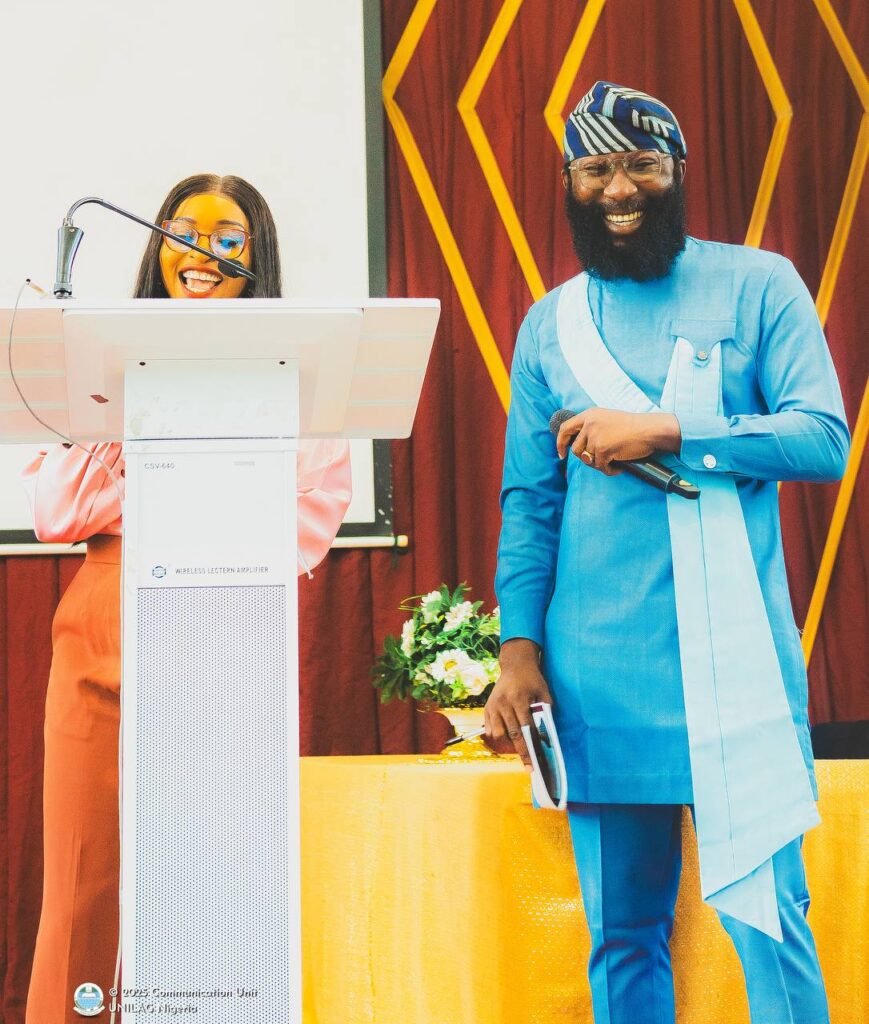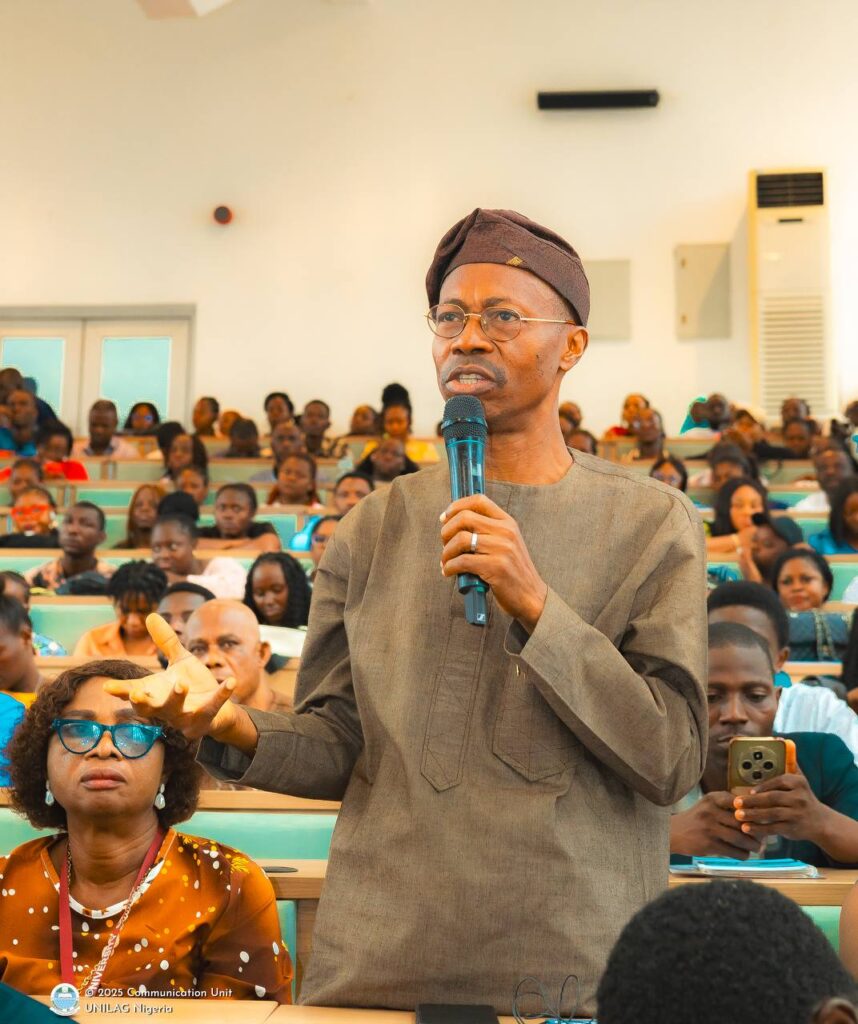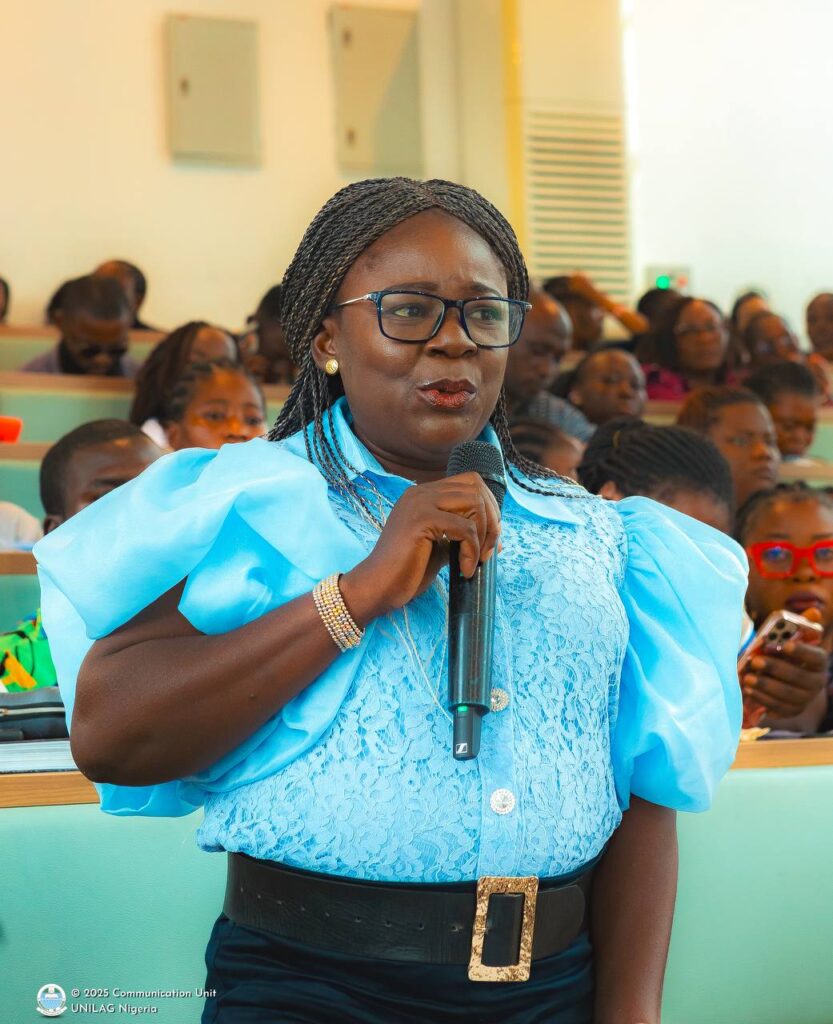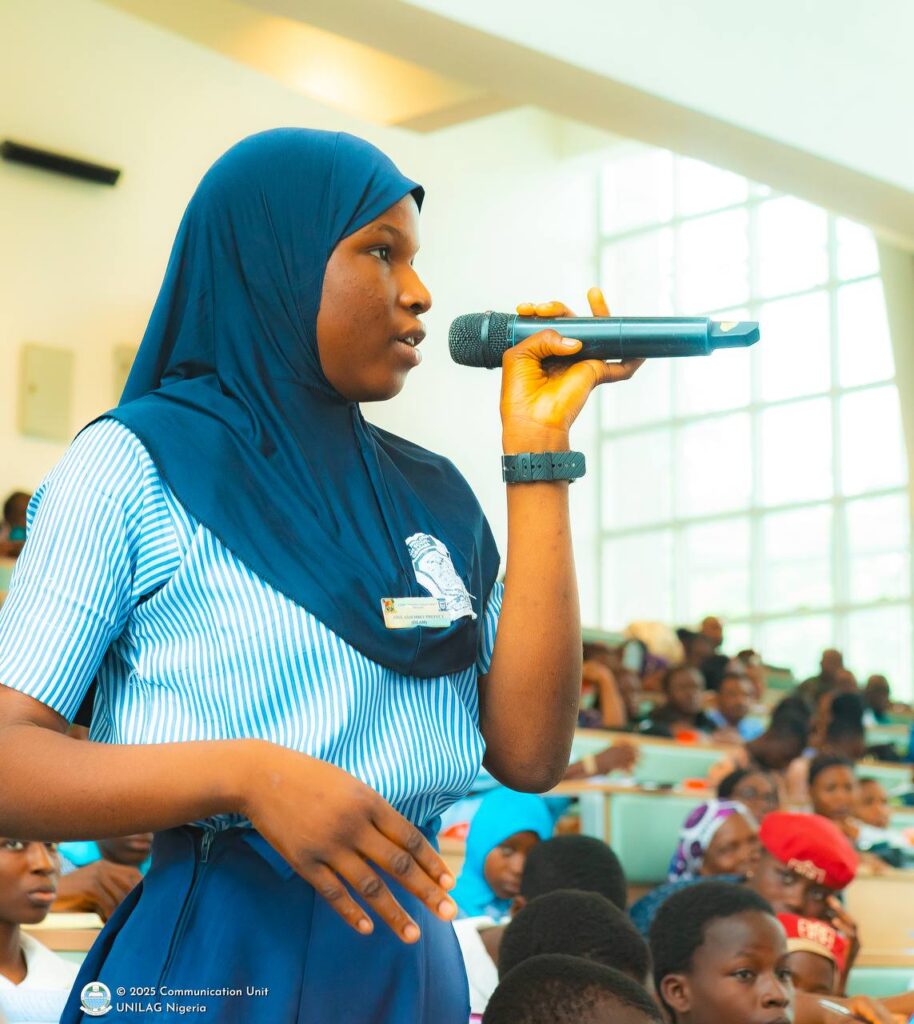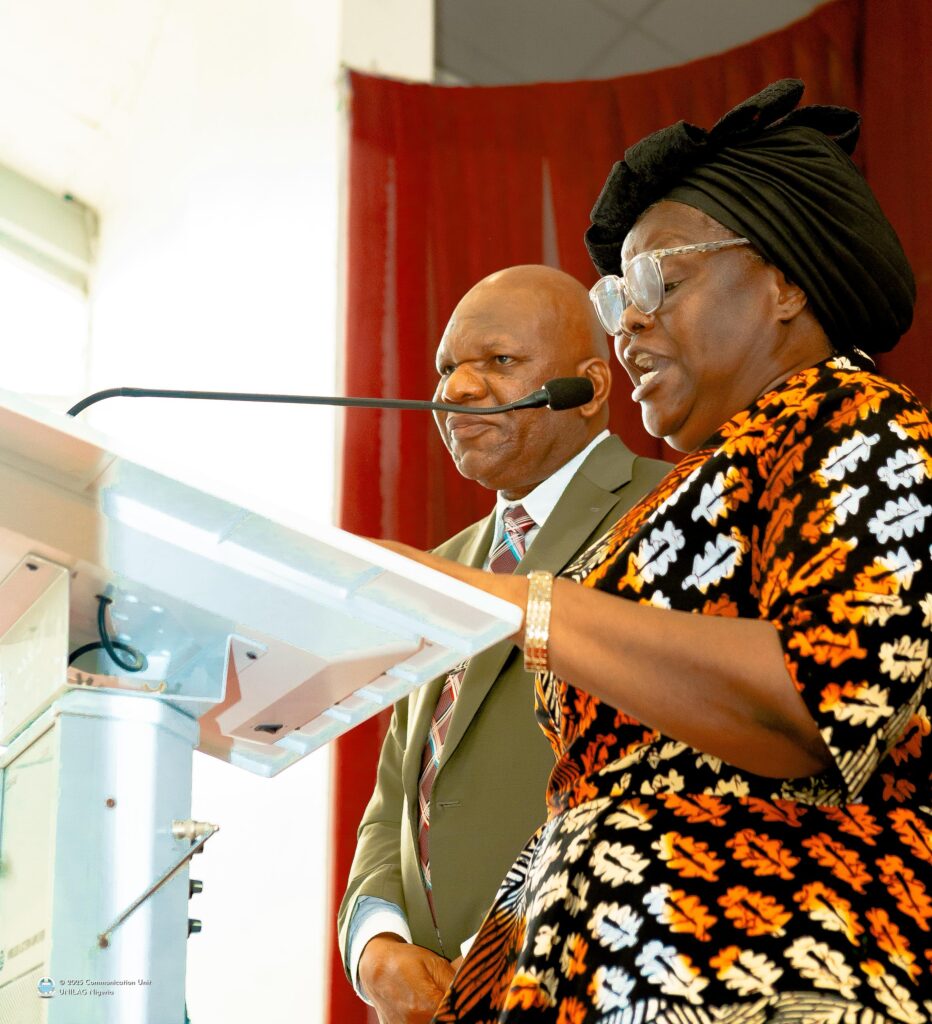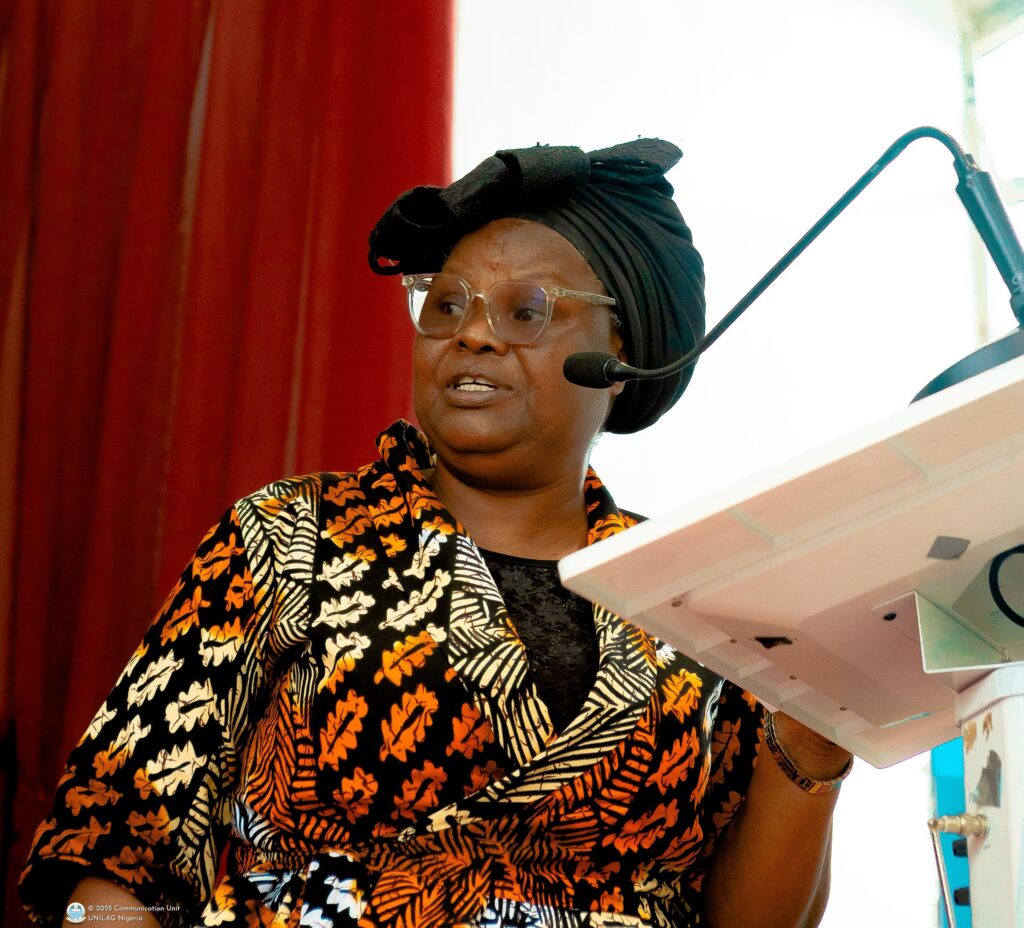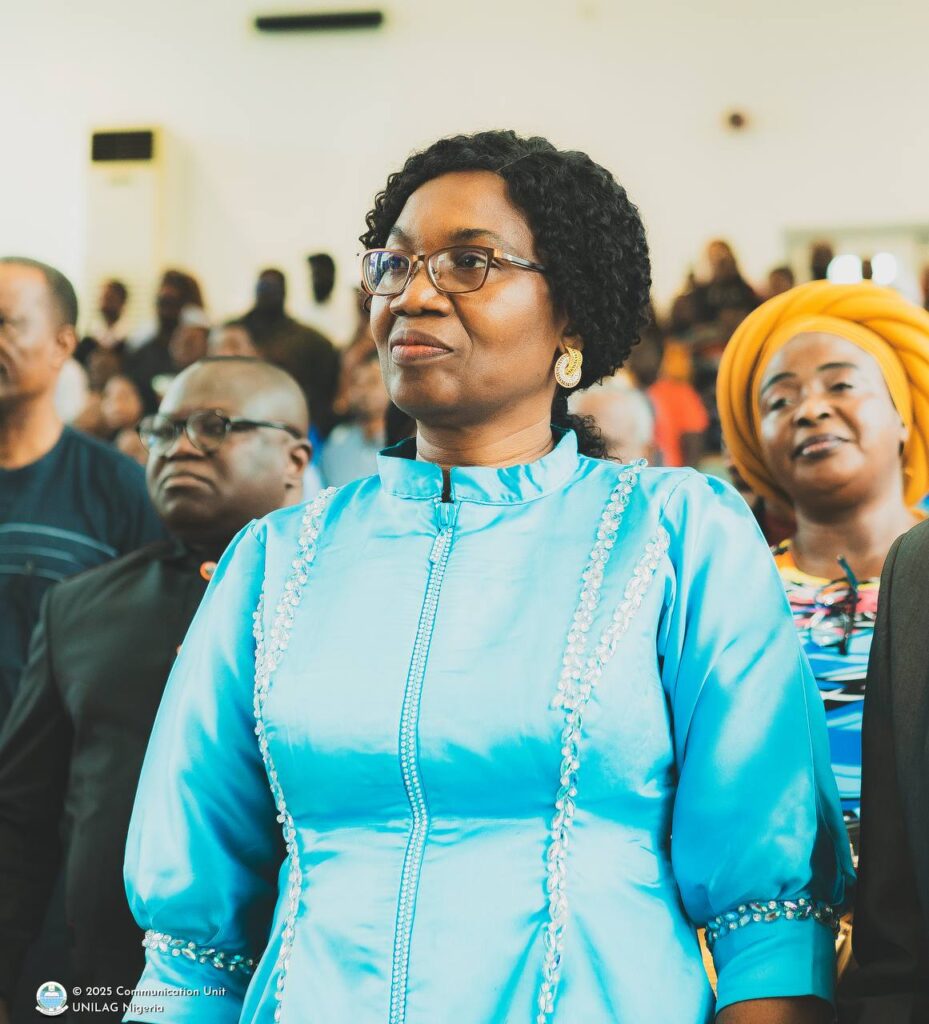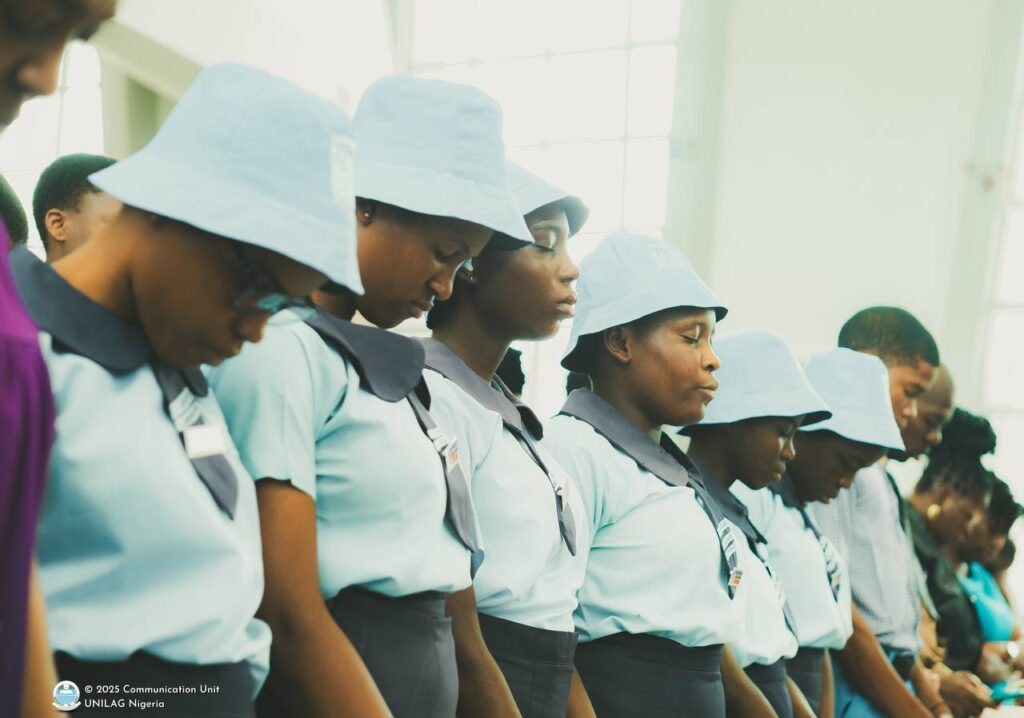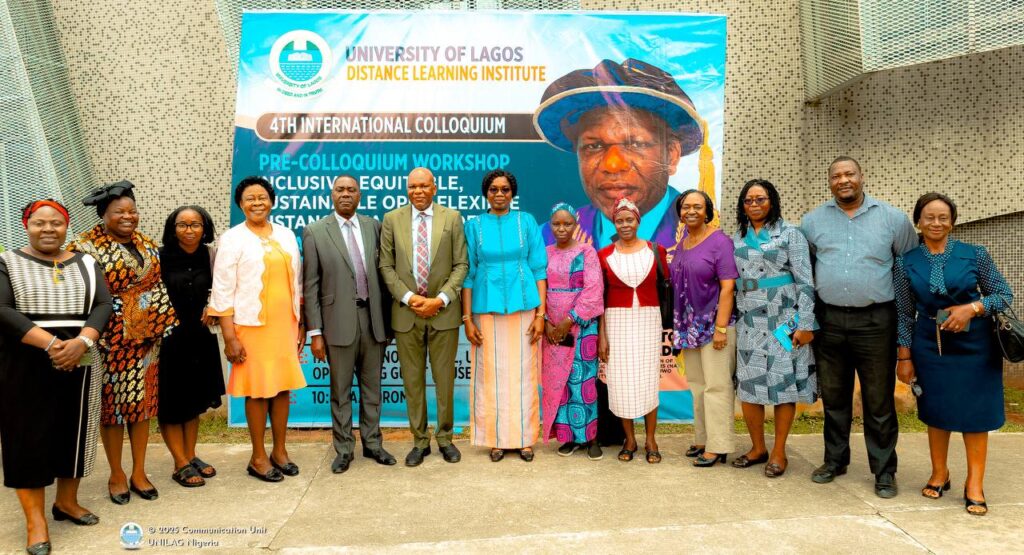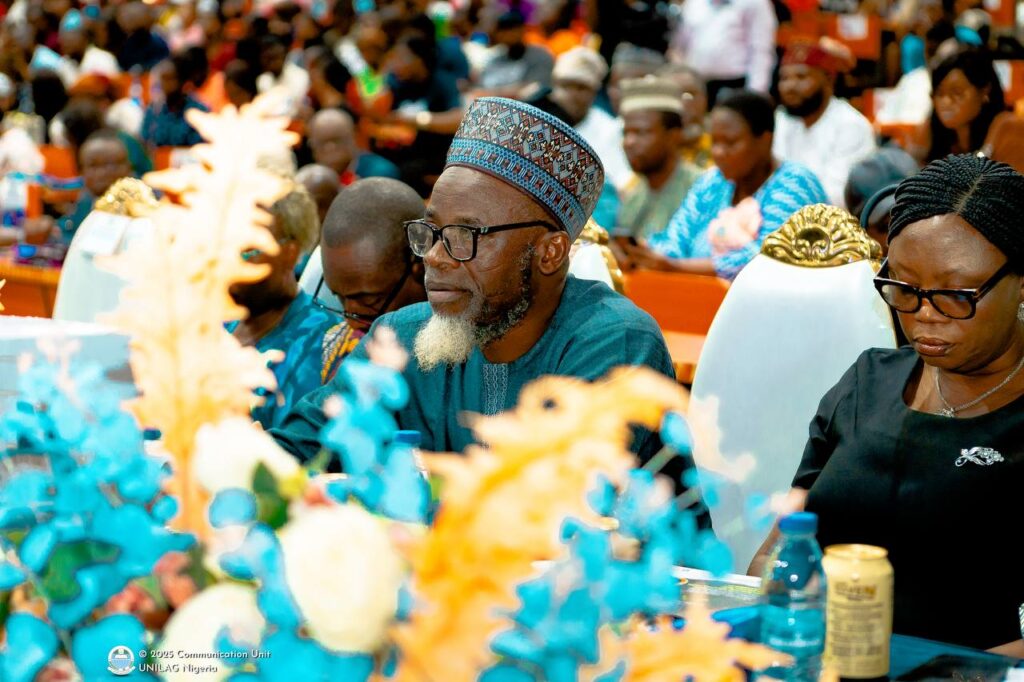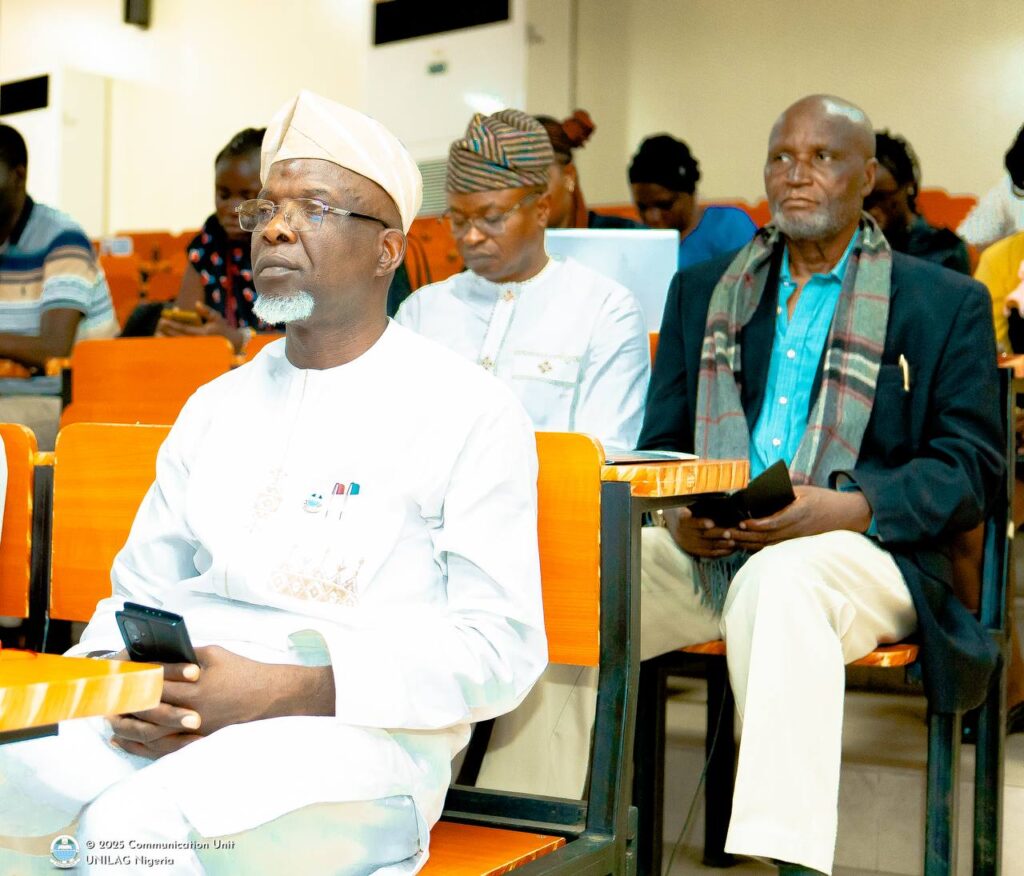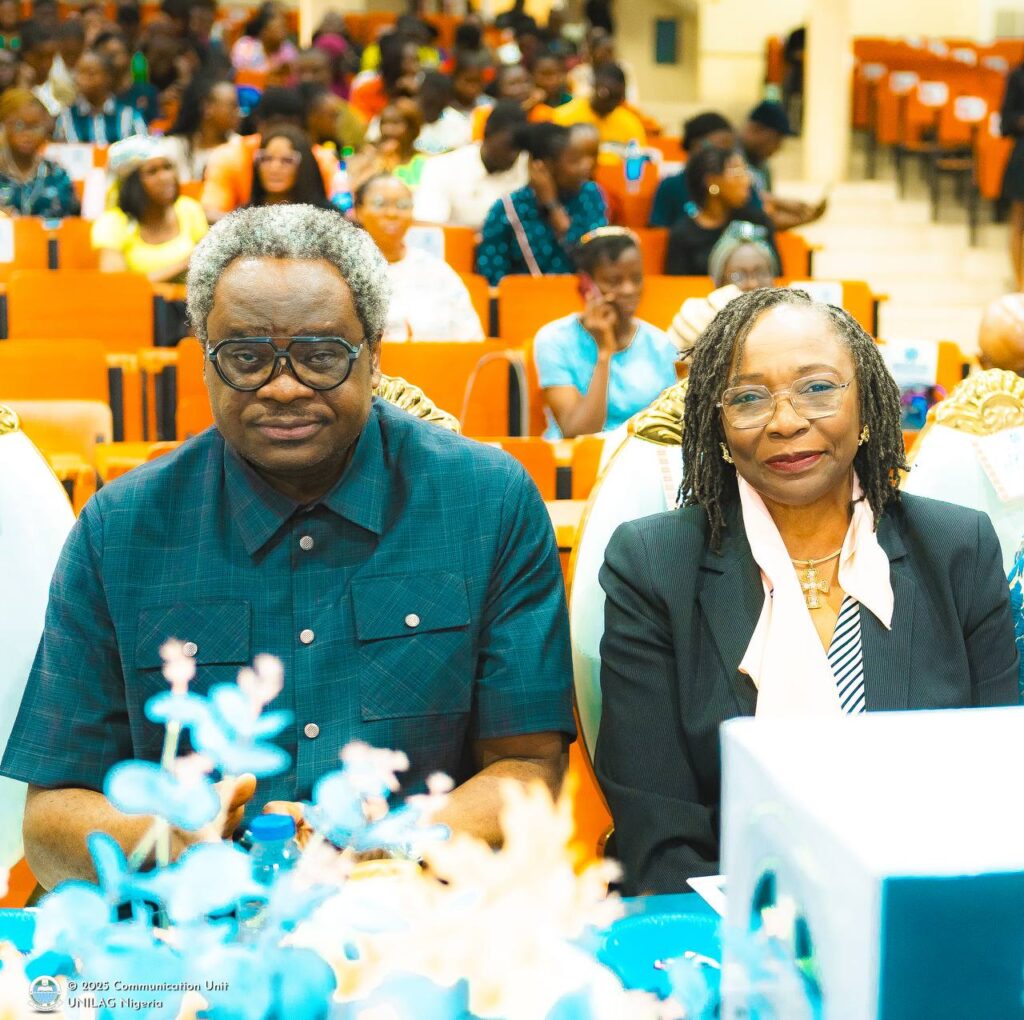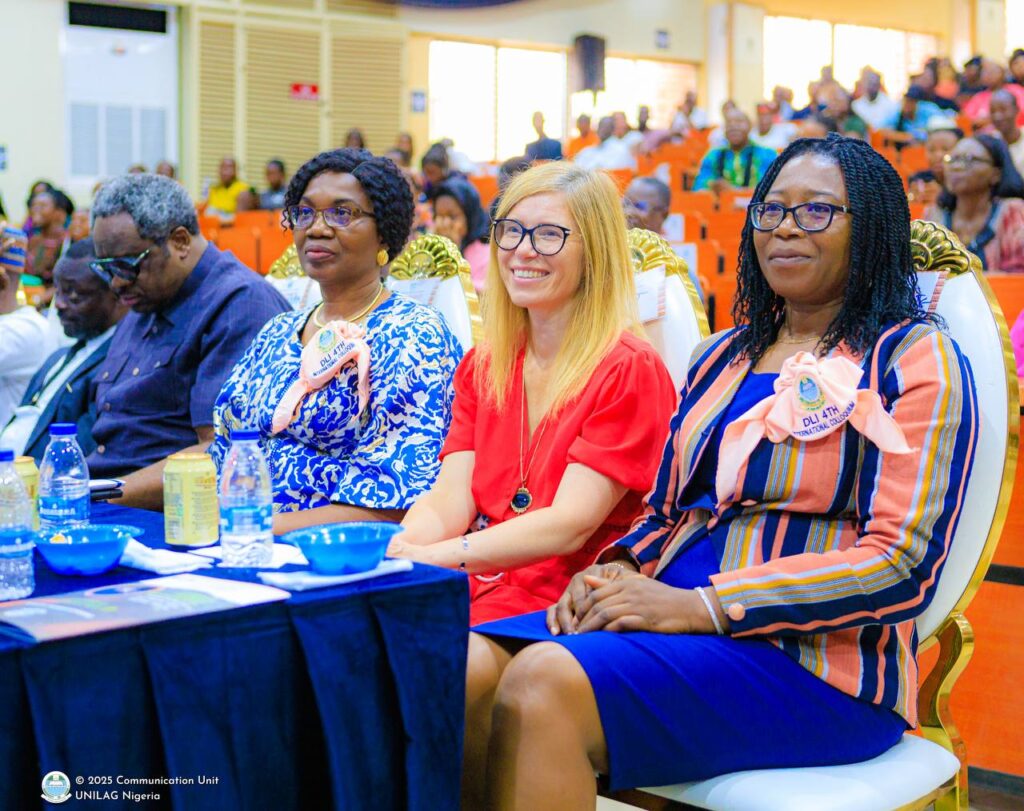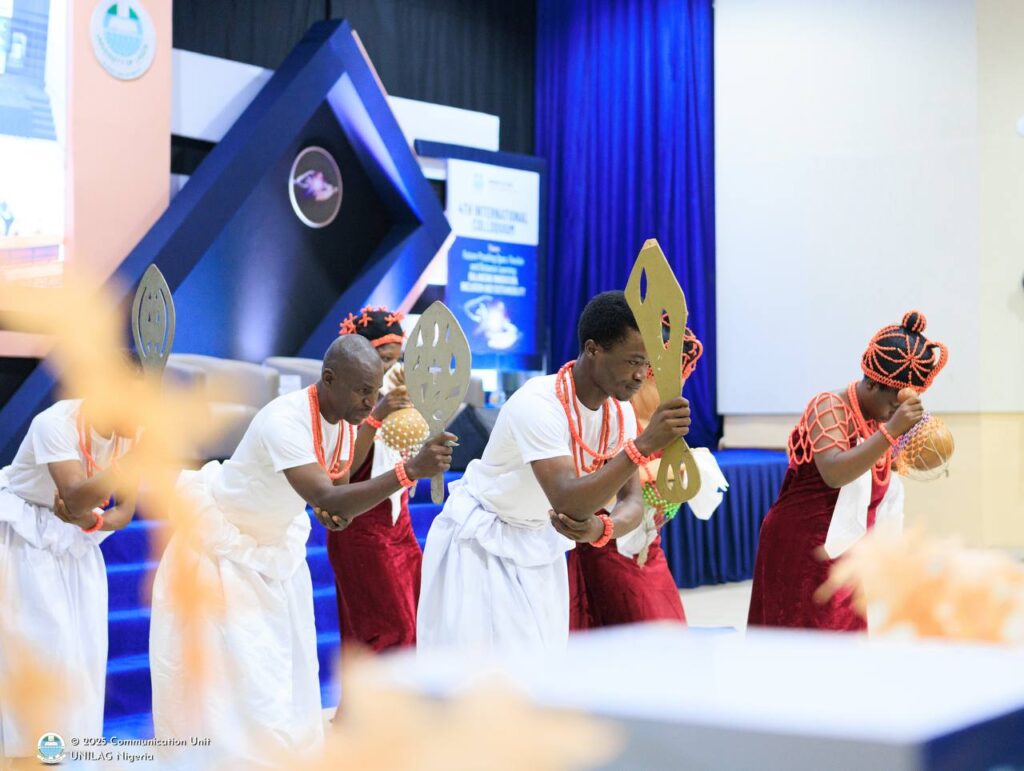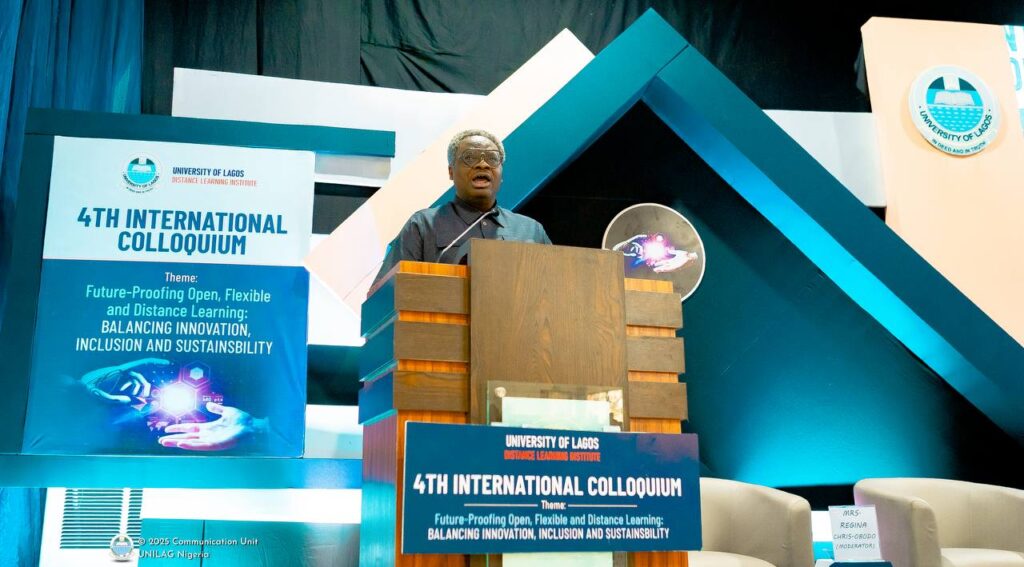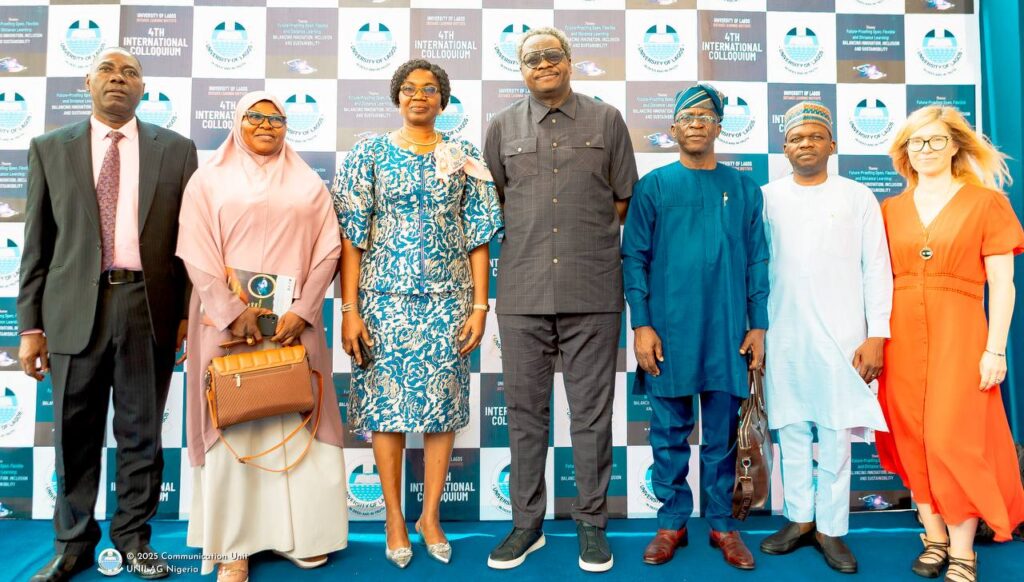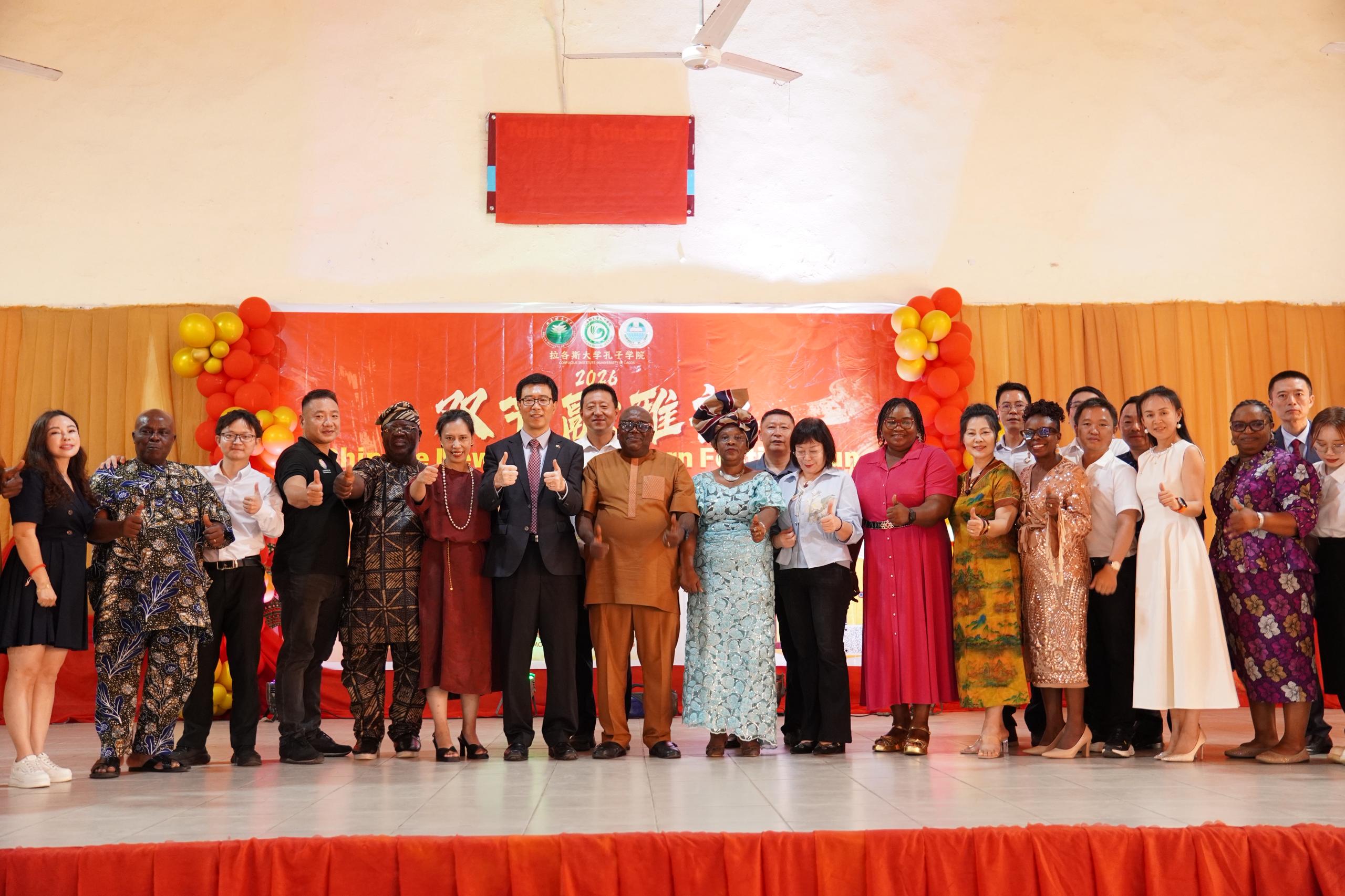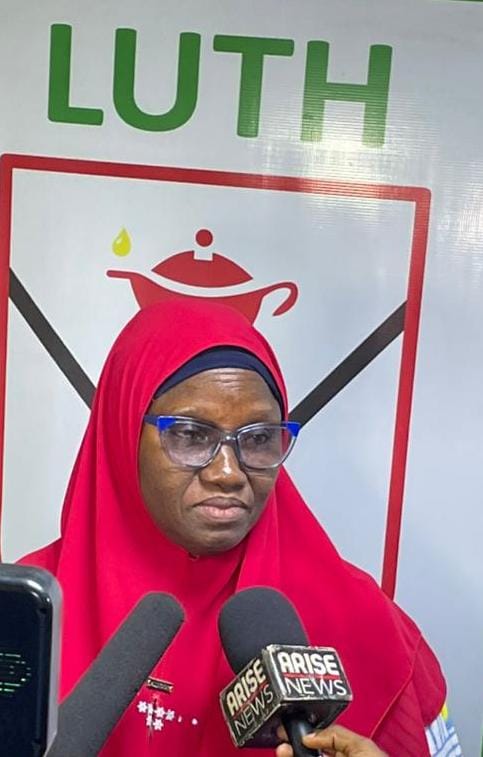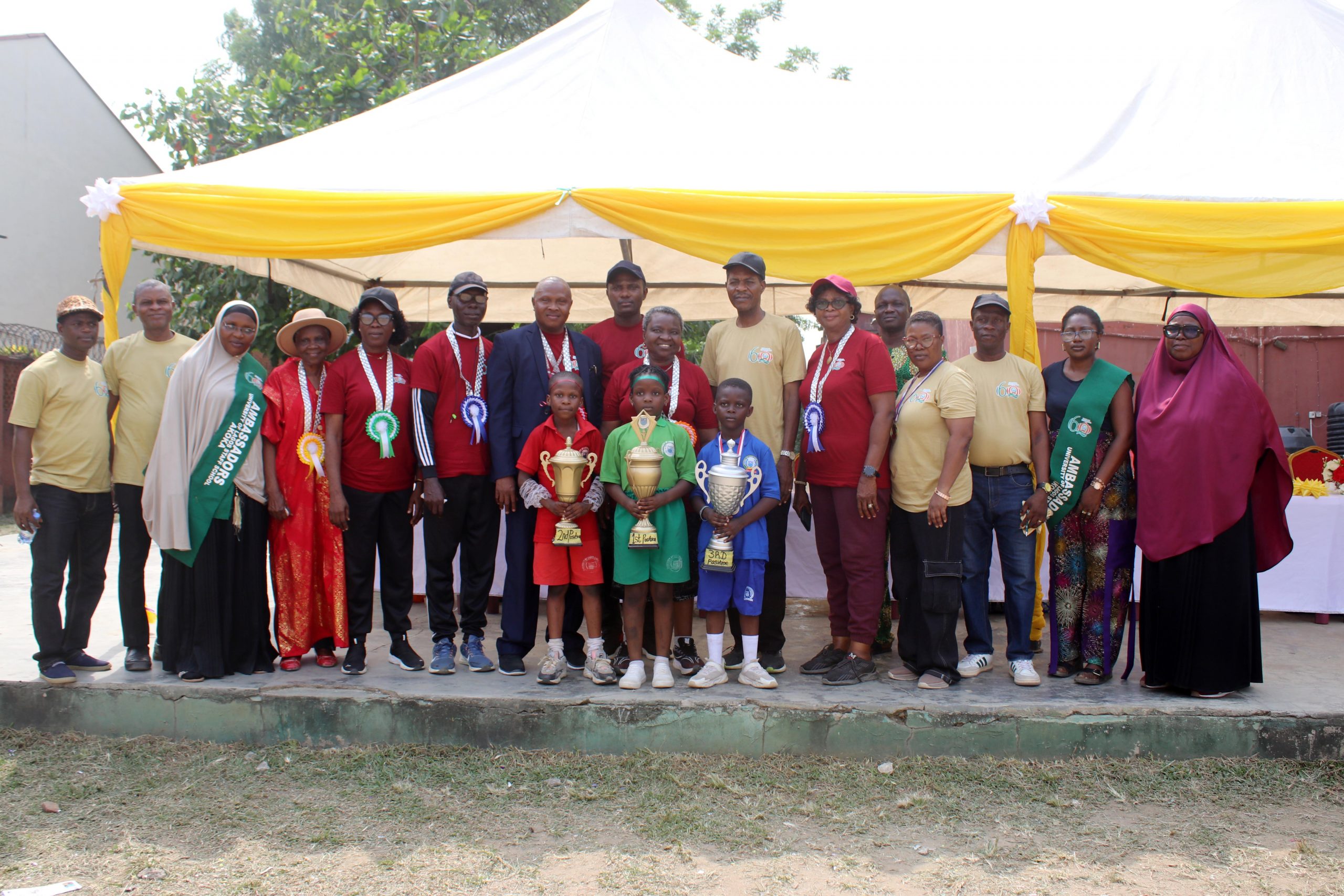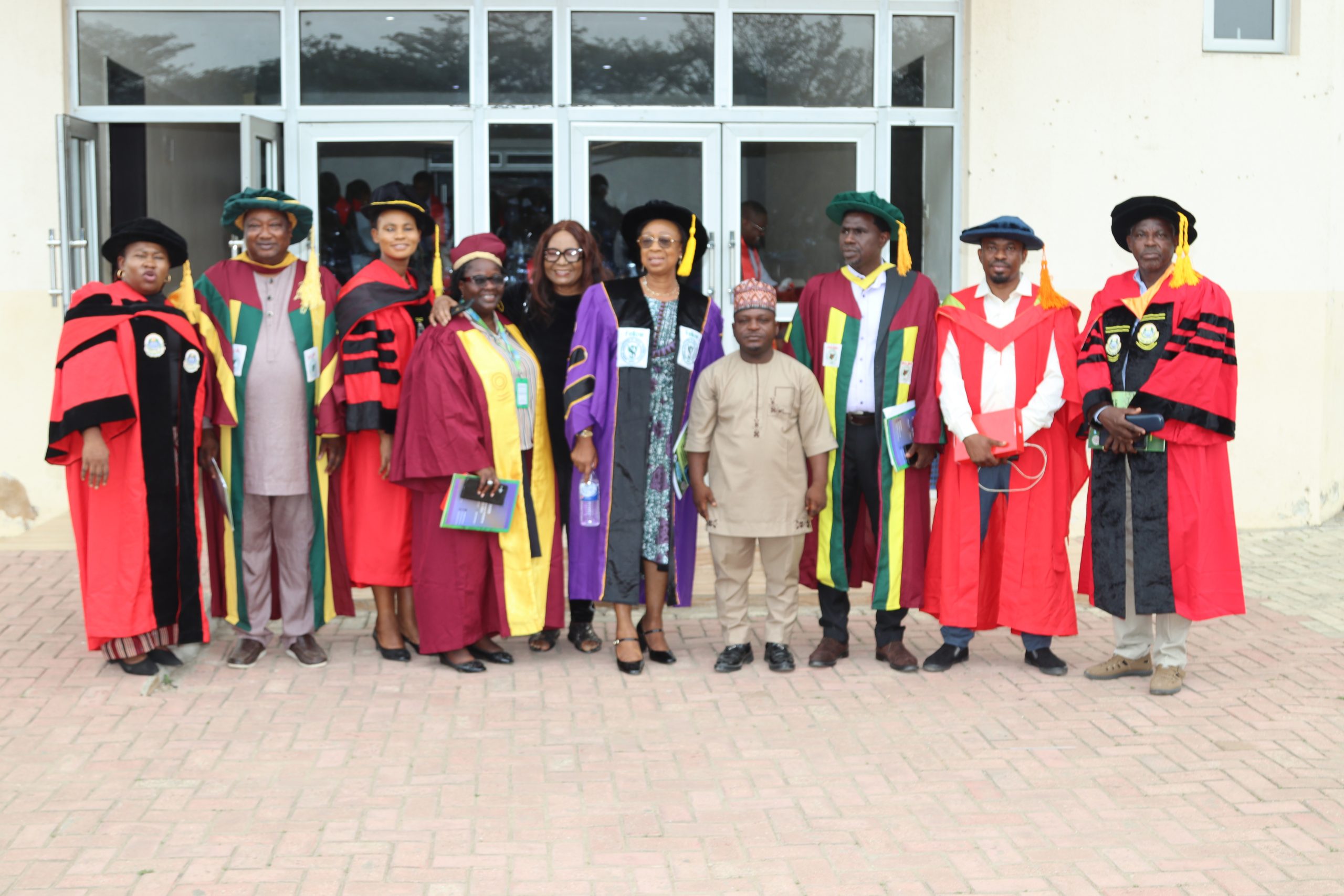A rallying call to transform education echoed powerfully on Thursday, September 11, 2025, as stakeholders from academia, government, and industry, gathered at the 4th International Colloquium of the Distance Learning Institute (DLI), University of Lagos (UNILAG).
United by a shared commitment to shaping a more inclusive, innovative, and sustainable future for learning, participants came together under the theme: Future-Proofing Open Flexible Distance Learning: Balancing Innovation, Inclusion and Sustainability.
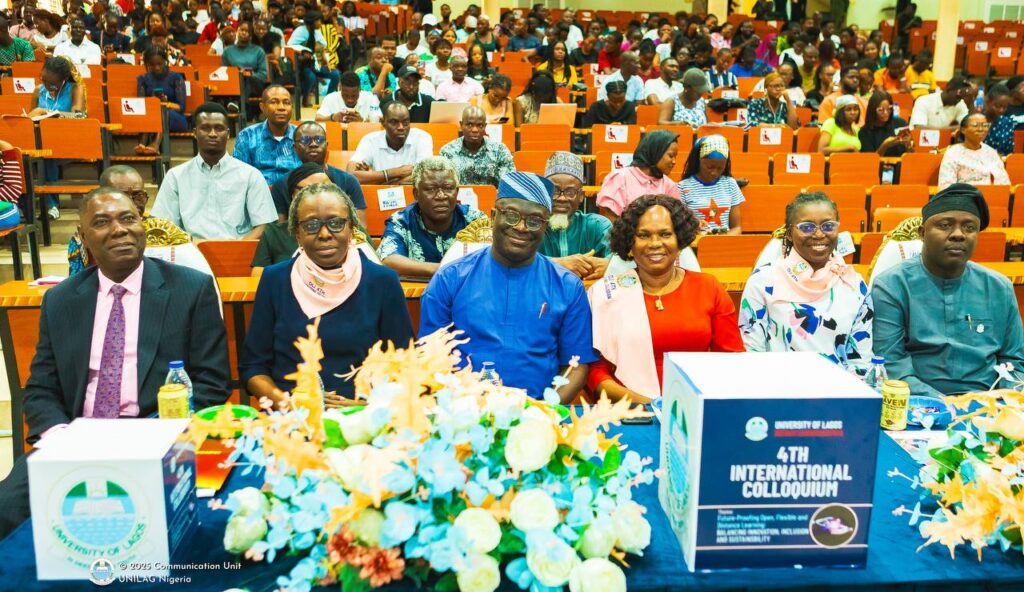
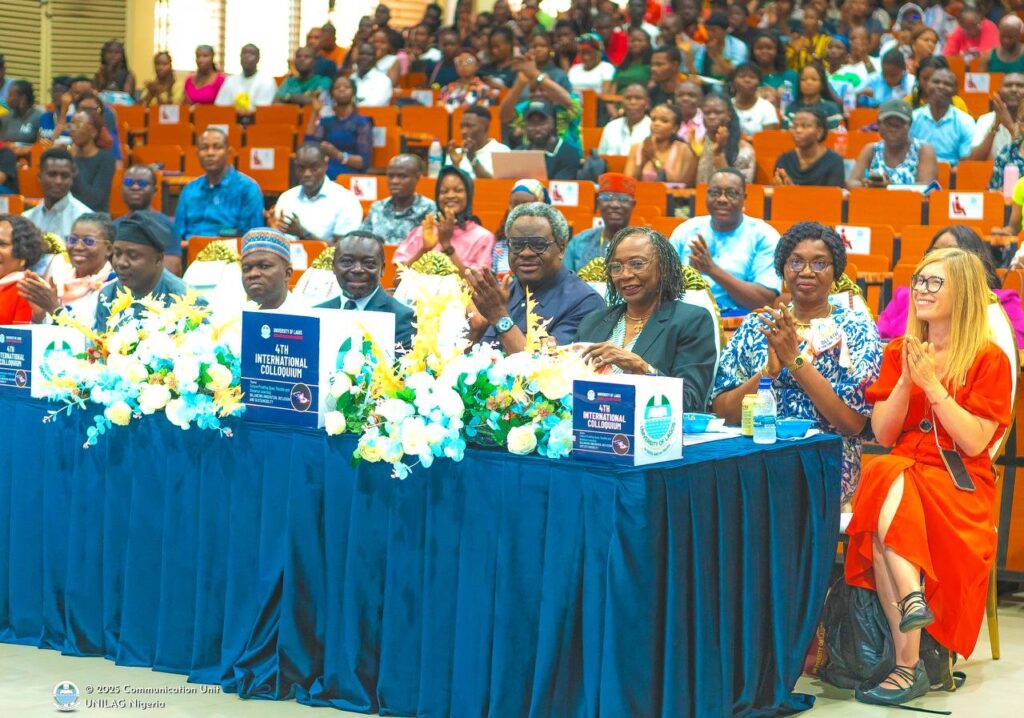
Held at the Nurudeen Alao Auditorium, UNILAG, the colloquium served as both a strategic checkpoint and a visionary platform to explore how education can evolve in an increasingly digital and interconnected world.
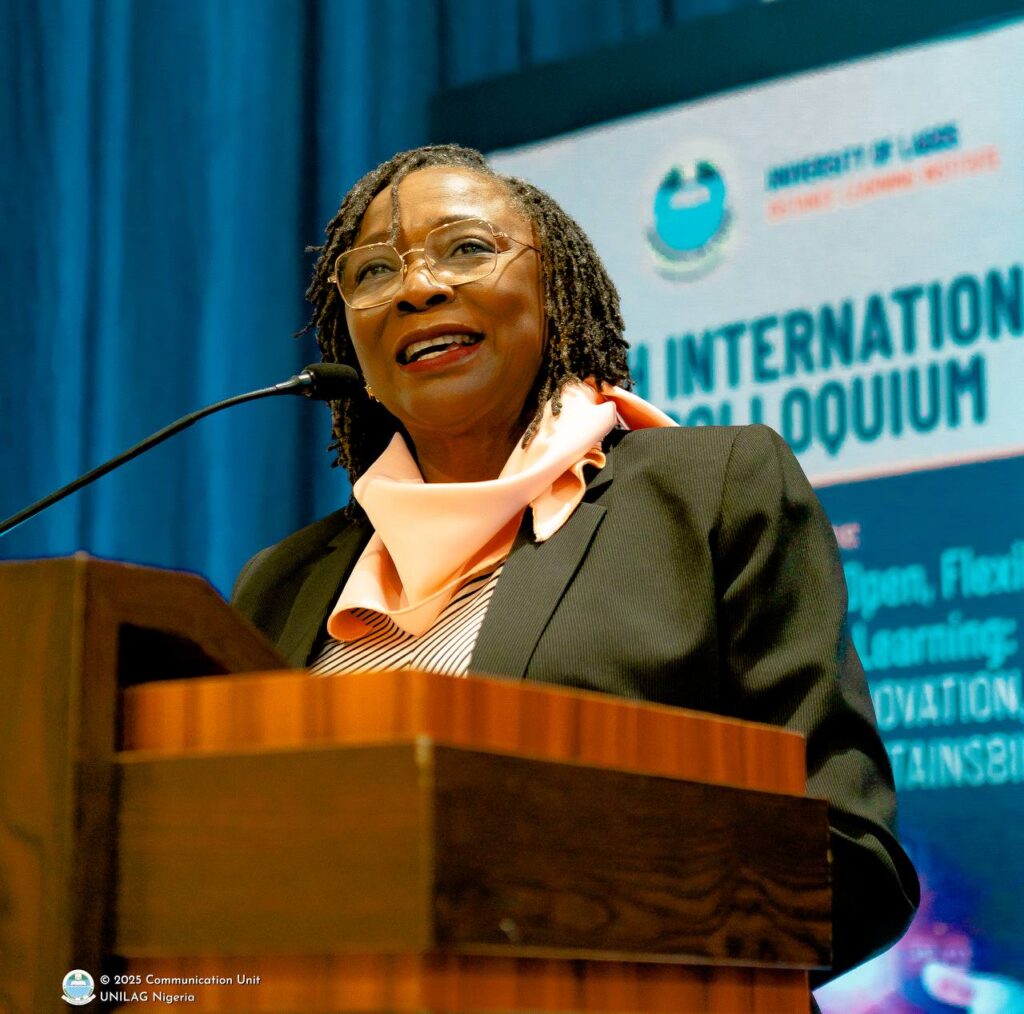
Welcoming participants, Vice-Chancellor of the University, Professor Folasade T. Ogunsola, OON, FAS, highlighted the human dimension of digital learning, warning that while technology is the game-changer, it must not come at the cost of human connection.
“Our challenge is to make distance learning more human, more connected, and more socially enriching.”
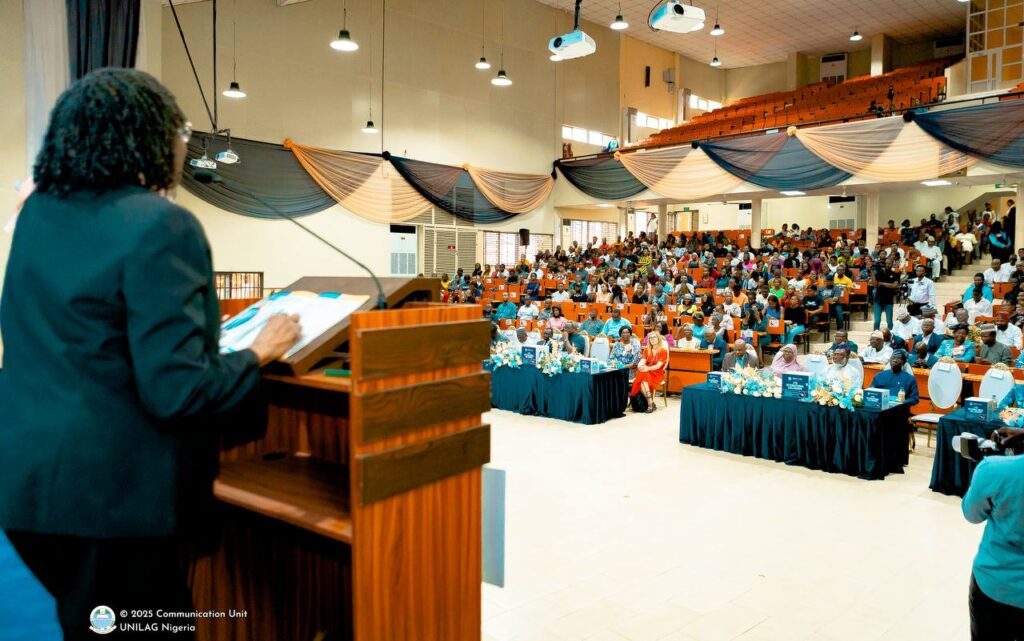
Professor Ogunsola went on to connect the conversation to a broader African cultural renaissance, citing the global rise of African music, fashion, and values. She emphasized that the time had come for African science, innovation, and education to claim their place on the global stage, and that OFDL must serve as a catalyst for that transformation.
In her address, Director of the Distance Learning Institute, Professor Risikat Oladoyin Dauda described digital education as a necessary equalizer in today’s learning landscape. She emphasized that OFDL must go beyond simply placing lectures online to offer “personalized, adaptive learning systems that serve diverse learner needs”.
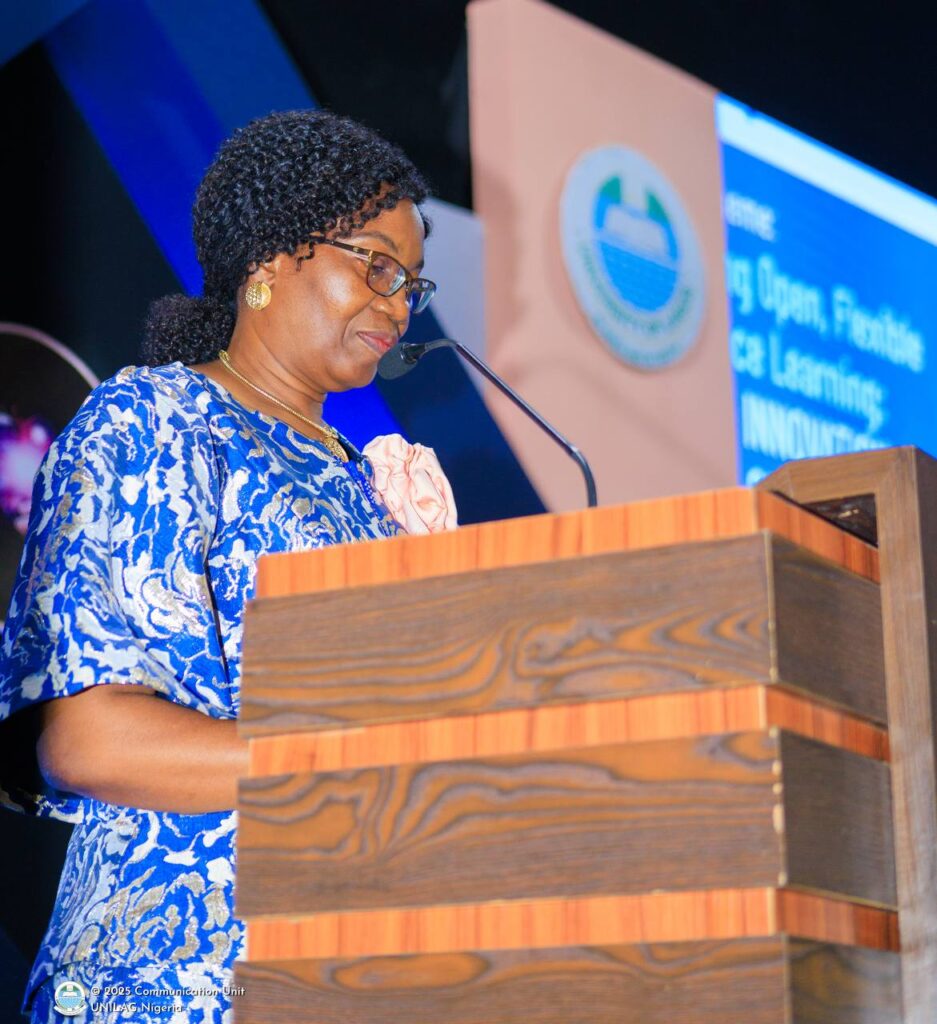
She argued that the digital transformation sweeping across global education systems must be intentionally harnessed in Nigeria, adding that “Technology should not alienate; it should connect. It must be tailored to our context to truly serve the people.”
According to her, future-focused OFDL should not be designed for the wealthy and well-connected who have laptops and fast internet alone. It needs to be made fr people who live in rural communities without electricity, have just radio, or to have a simple cell phone.
Professor Dauda, renowned as the first female Professor of Economics at the University of Lagos, proposed a bold national vision: a collaborative charter between the Federal Ministry of Education, the Nigerian Communications Commission (NCC), and the National Information Technology Development Agency (NITDA), aimed at guaranteeing every Nigerian regardless of location or income unrestricted access to flexible and inclusive education.
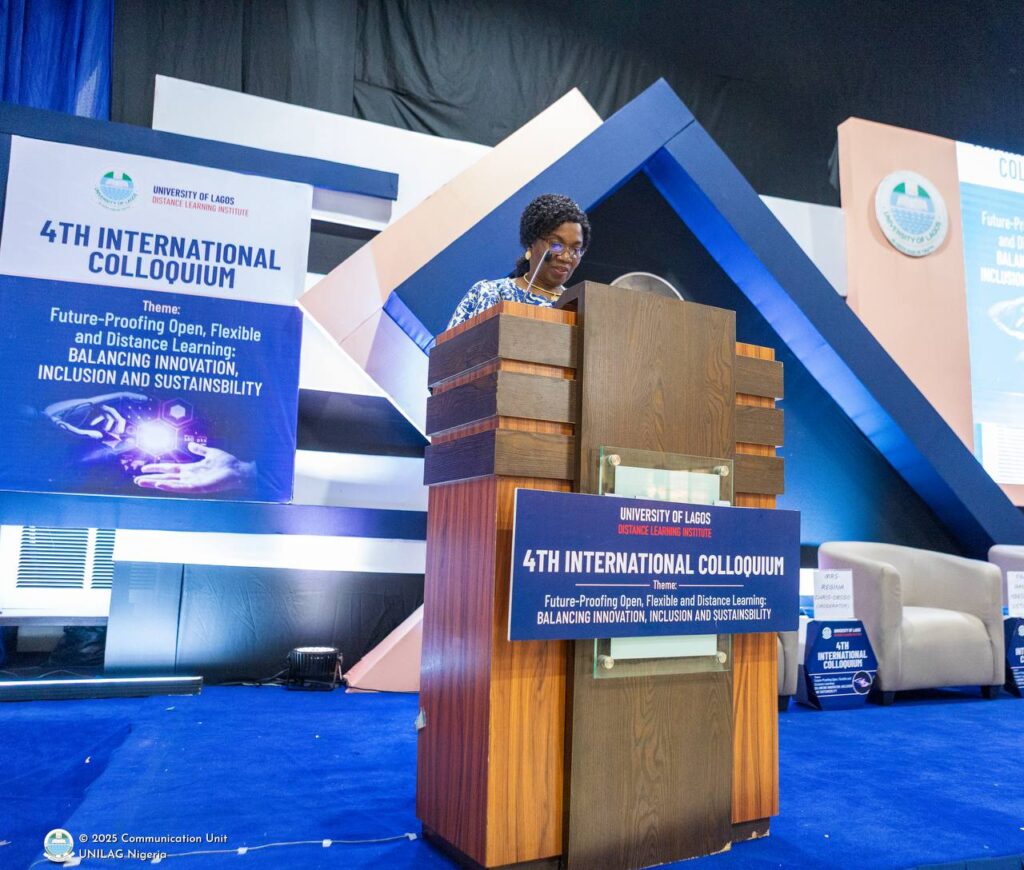
Her words “We need structures that promote cooperation among government bodies, private sector innovators, and academic institutions,” adding that such collaboration would unlock Nigeria’s full developmental potential.
Industry Voices, Global Perspectives
The colloquium was held under the chairmanship of distinguished entrepreneur and Group Managing Director of Sahara Energy, Dr. Kola Adesina, MFR, who called for a complete rethink of Nigeria’s educational model.
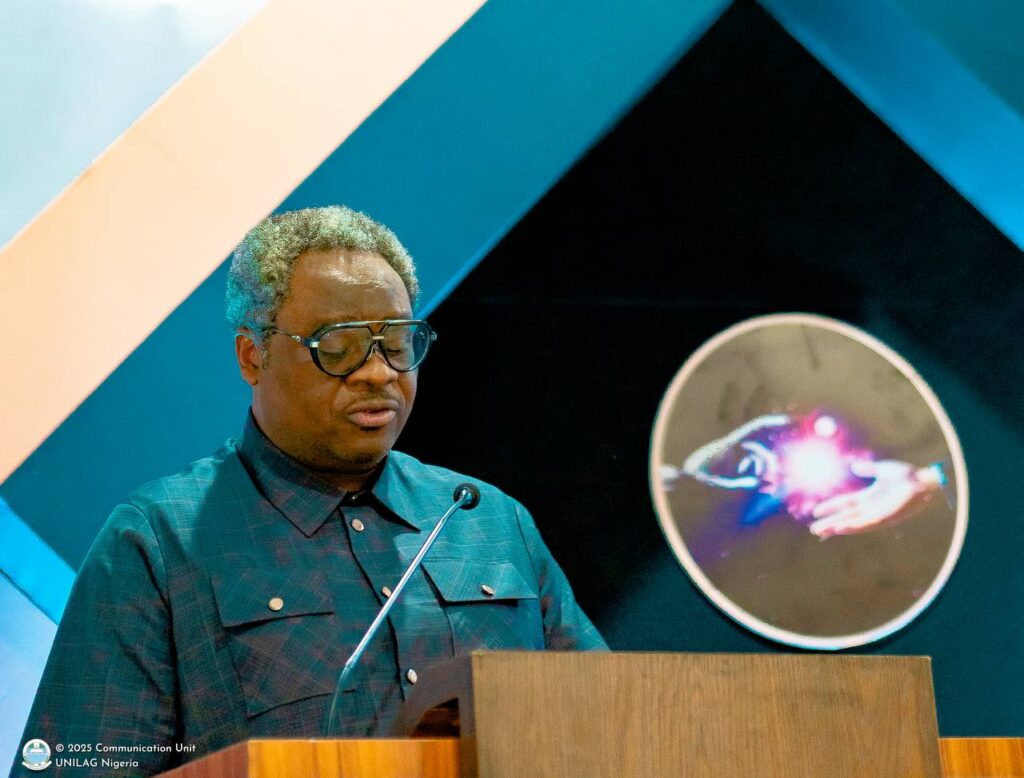
He described inclusivity as “no longer optional,” stating that technology must be harnessed to reach those at the margins and create systems that are both scalable and equitable.
Delivering the keynote address, Dr. Nicole Lotz of The Open University, United Kingdom, emphasized the need for digital learning spaces to foster community, co-creation, and emotional well-being, rather than simply deliver content.
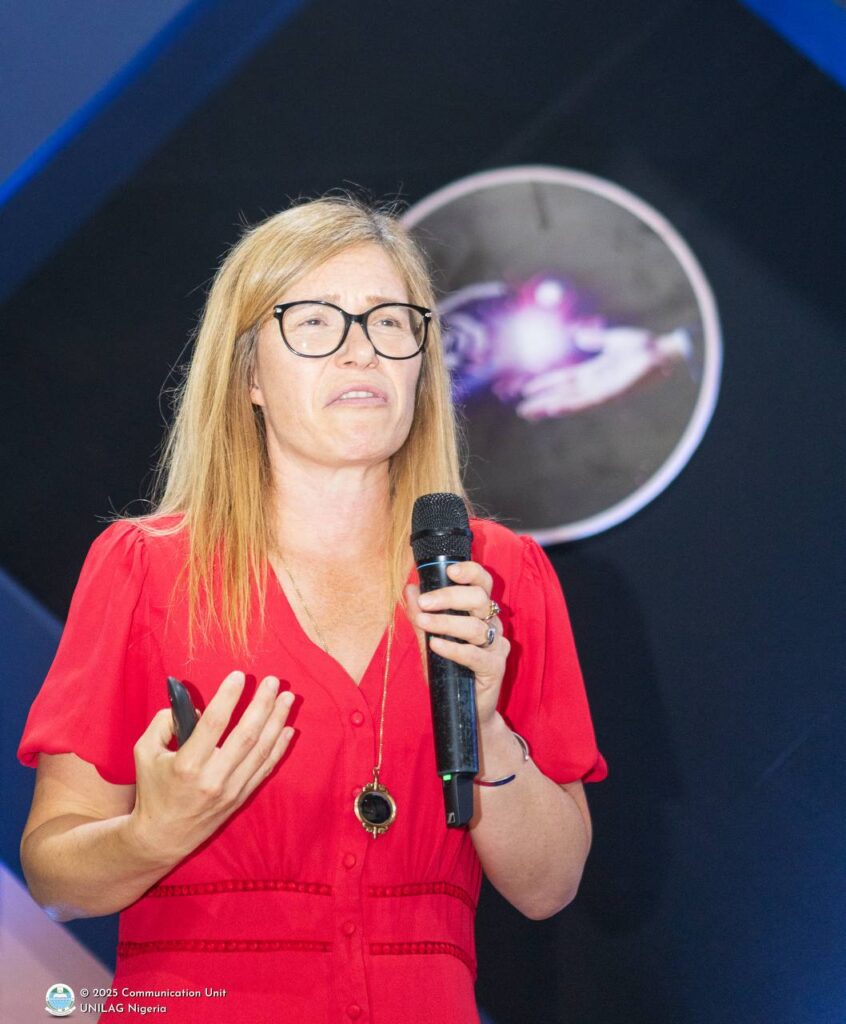
Drawing on her extensive research in virtual design studios and collaborative platforms, she asserted that “well-being, motivation, and belonging are now as vital to academic success as any curriculum.” Her address echoed the central theme: educational spaces must evolve not just technologically, but socially and emotionally.
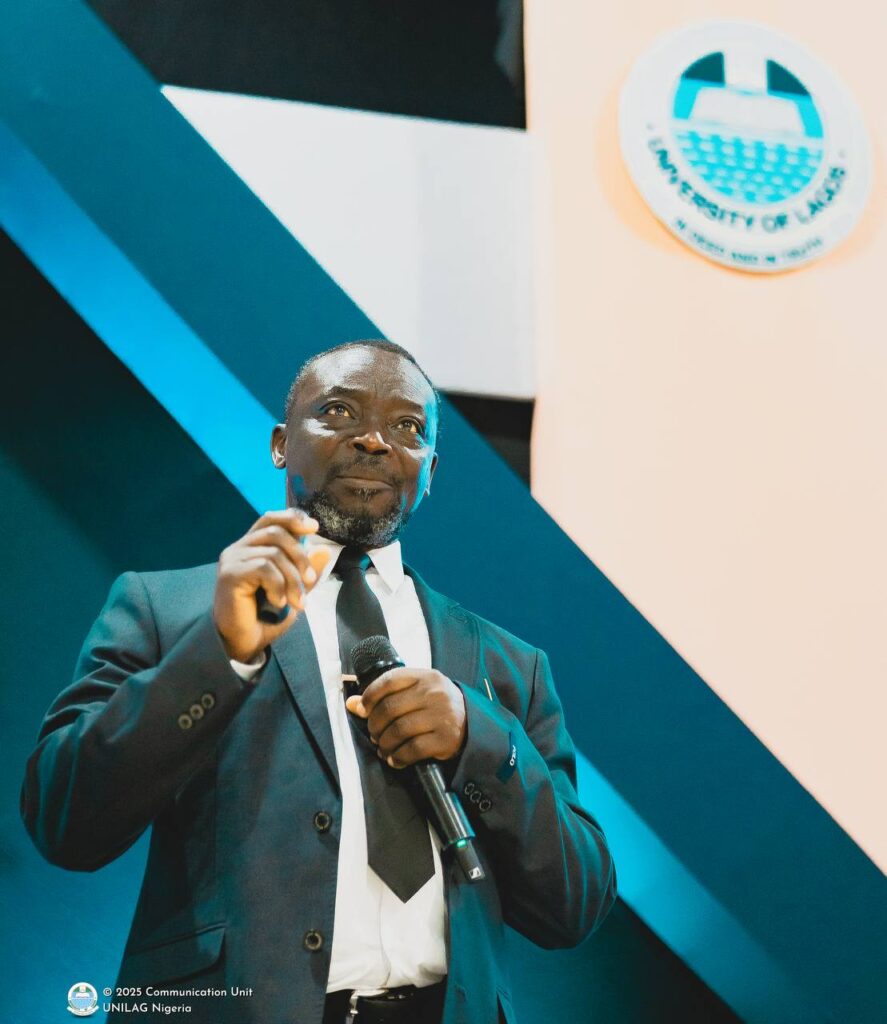
On his part, Professor Chukunoye Enunuwe Ochnogor of Tshwane University of Technology spoke on the imperative to align African education with the realities of the Fourth Industrial Revolution. He recommended investments in digital infrastructure, inclusive educator training, and cross-sector collaboration. More critically, he stressed that teachers must be empowered to support not just knowledge acquisition but also the emotional and social development of learners.
The event also featured institutional goodwill messages from Olabisi Onabanjo University, University of Ilorin, Achievers University, and Federal University of Technology, Akure. The bearers of the goodwill messages commended UNILAG’s leadership in advancing open and distance learning in Nigeria.
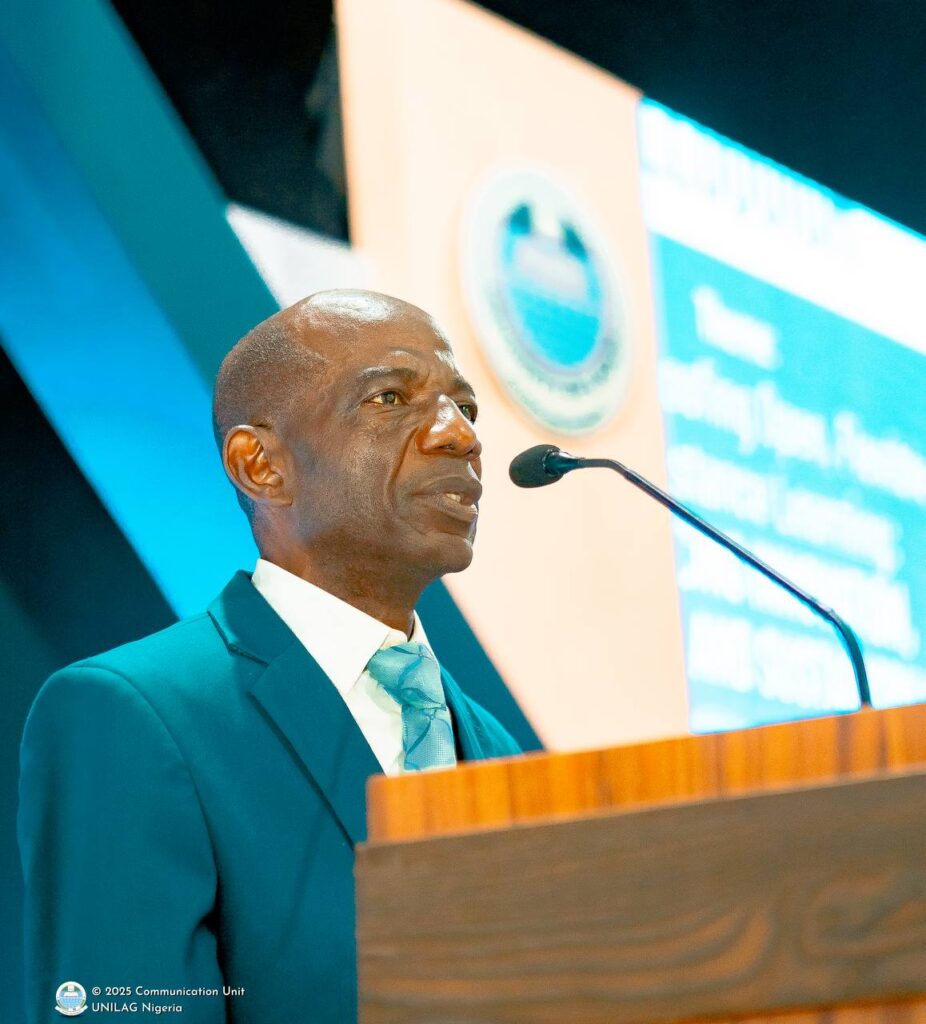
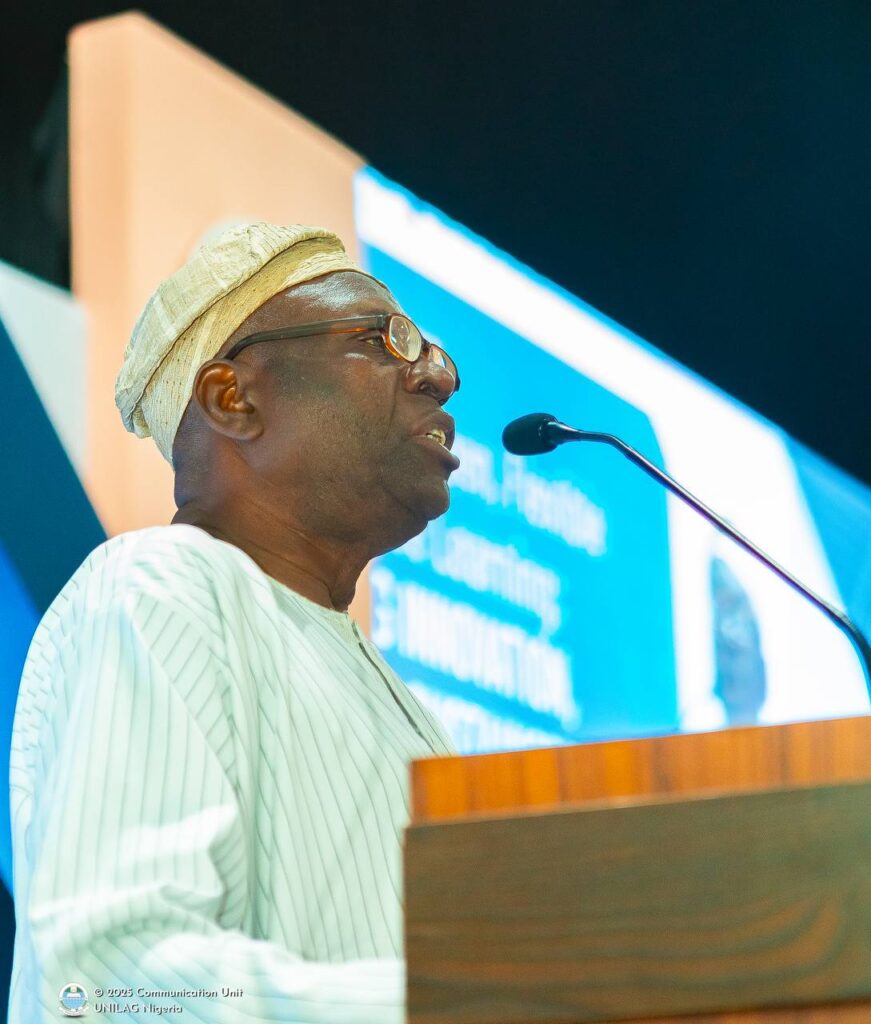
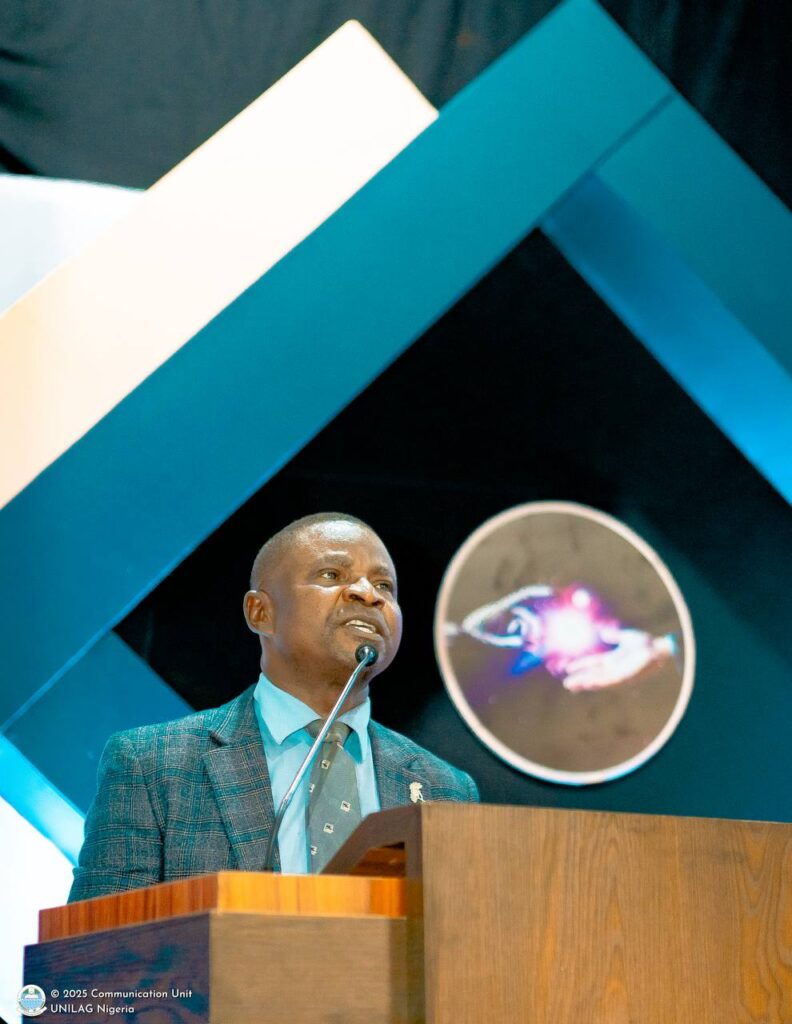
Deliberations and Practical Pathways
Beyond the presentations of papers, a robust panel session anchored by Regina Chris-Ogbodo further expanded the colloquium’s discourse by reinforcing the need to integrate cultural relevance with technological advancement.
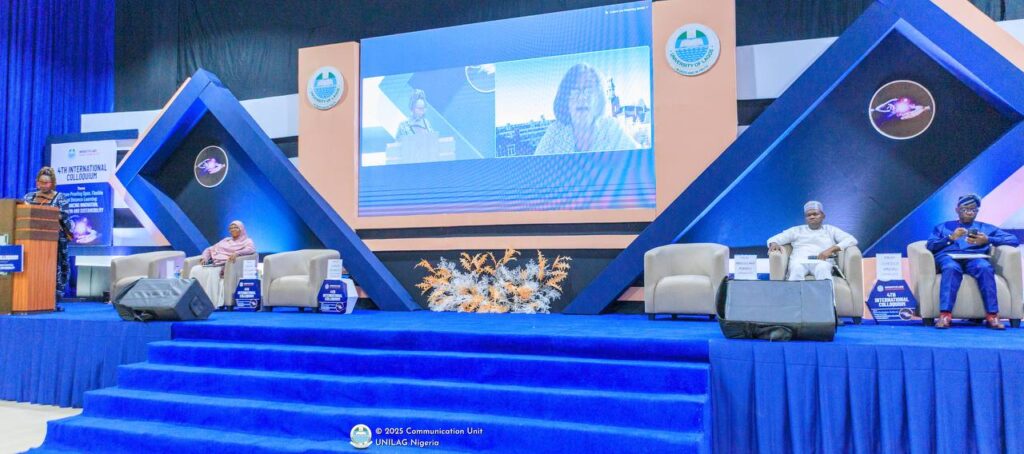
The panel included: Prof. Oyesoji Aremu of Achievers University; Dr. Hadu Ligeri who represented the Executive Secretary of National Universities Commission; Professor Abdullah Ribadu; Professor Ganiyat Adesina Usman and Dr. Chrissi Nerantzi of Leeds’ Open University, who joined virtually.
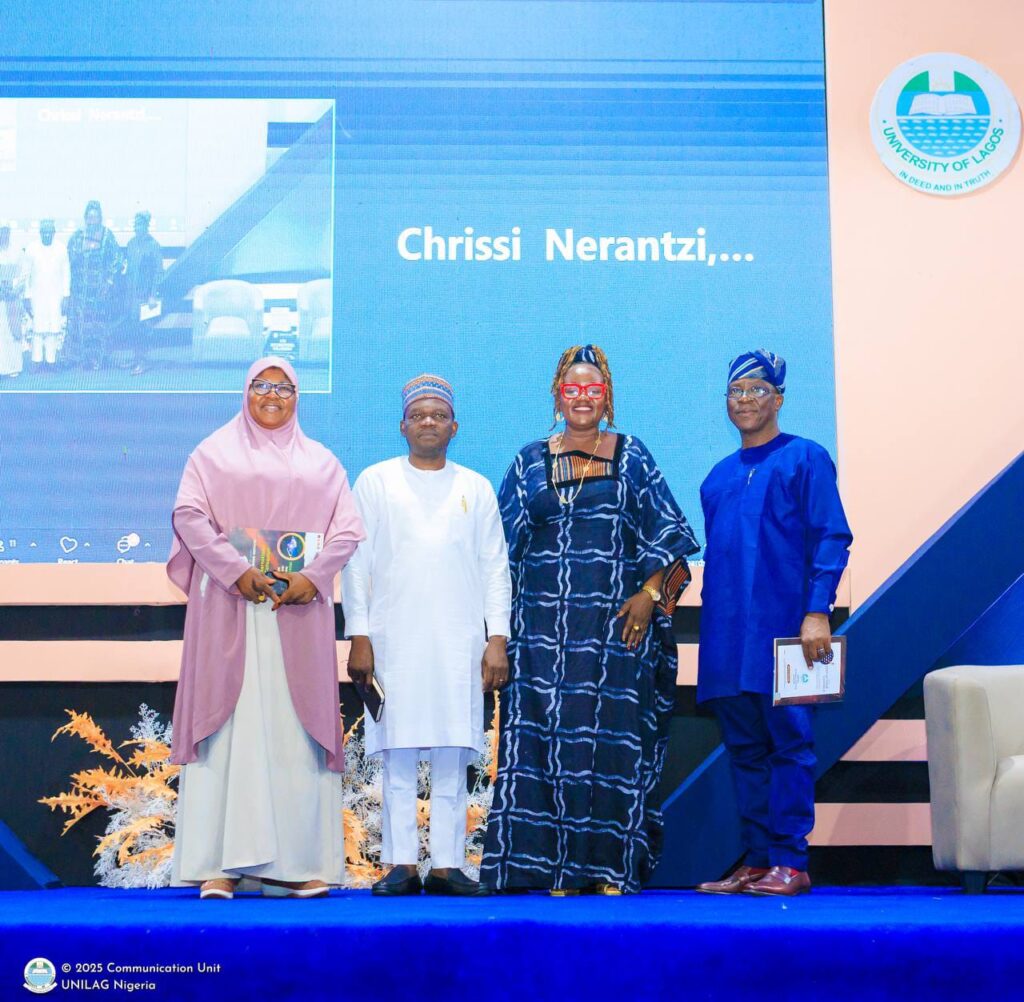
The panelists shared case studies and success stories from their institutions, as well as highlighted the importance of collaboration, and the growing capacity of African institutions to innovate in the digital learning space.
Pre-Colloquium Workshop
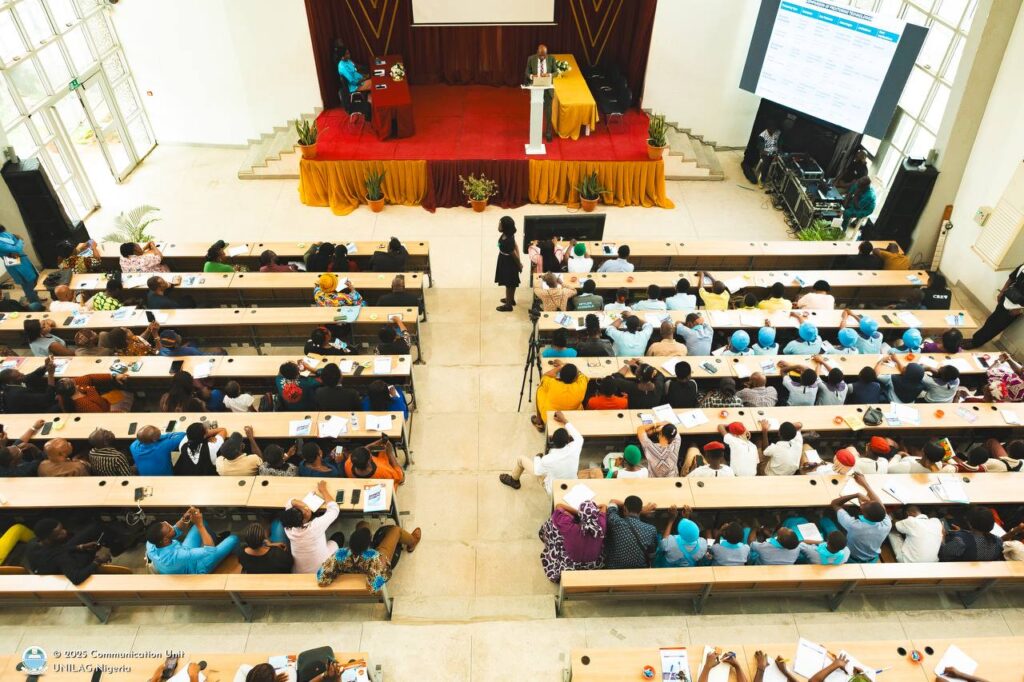
Ahead of the colloquium on Thursday, September 11, 2025, a pre-event workshop was held on Wednesday, September 10, 2025 as a strategic prelude.
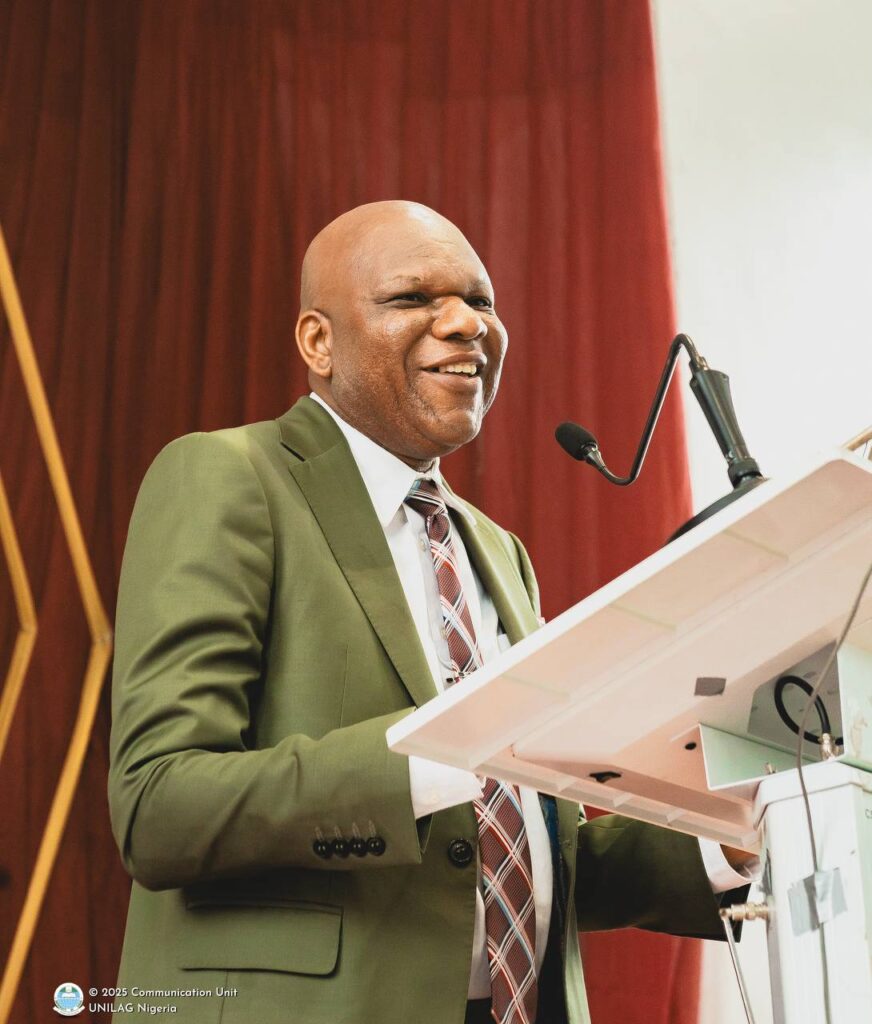
The workshop featured a presentation on Inclusive, Equitable and Sustainable OFDL: Strategies for a Better Future by former Vice-Chancellor of Obafemi Awolowo University, Ile-Ife, Professor Eyitope Ogunbodede, who was the Guest Speaker.
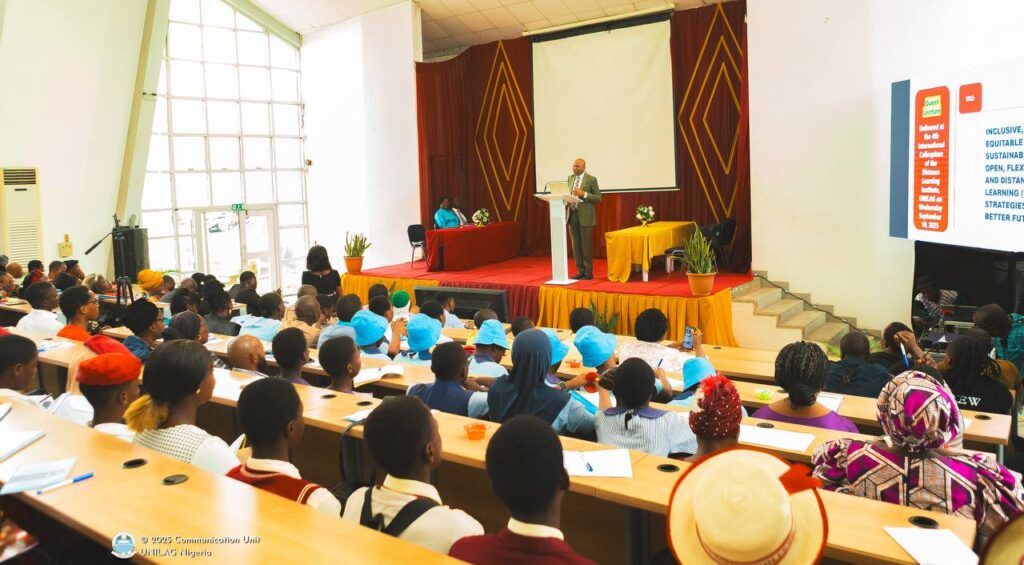
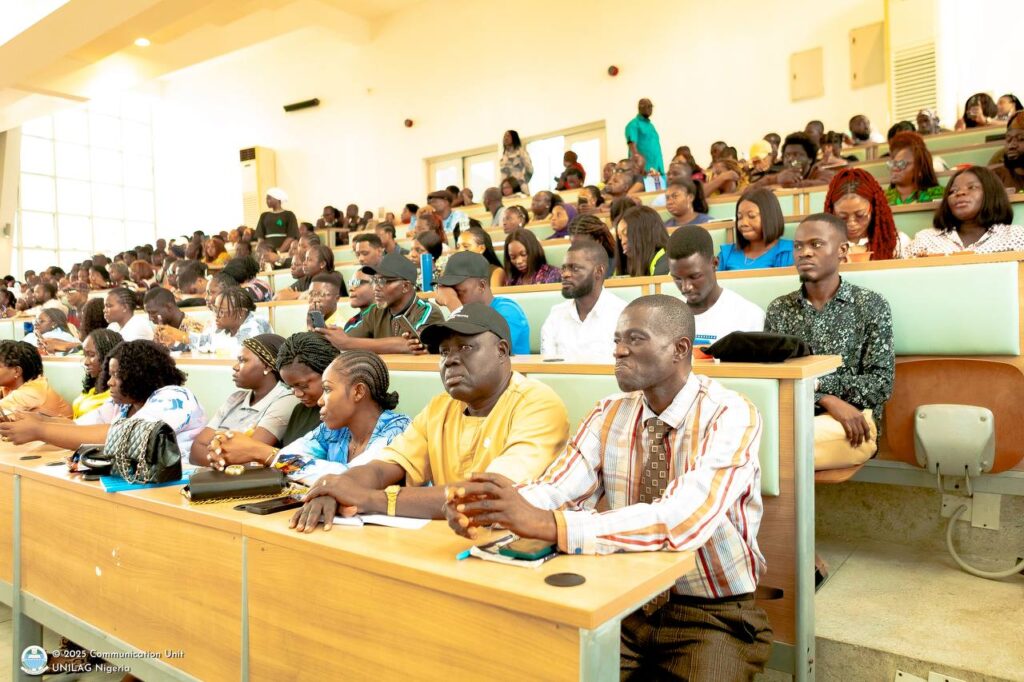
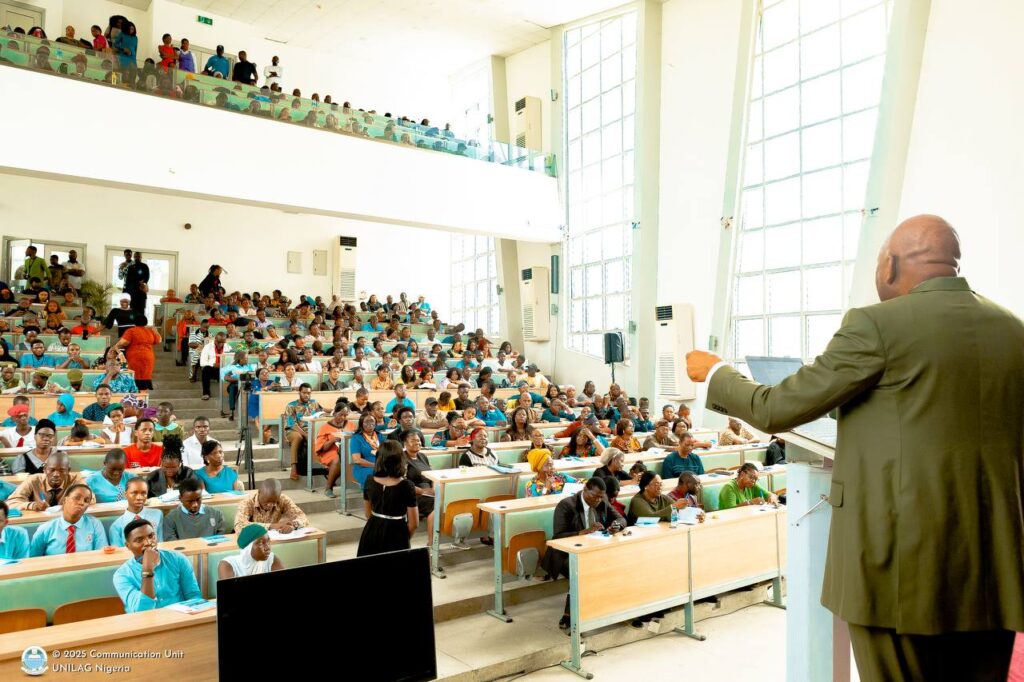
The presentation outlined a clear-eyed roadmap for achieving lasting impact within the framework of open and flexible distance learning. Professor Ogunbodede that sustainable open learning cannot rely on technology alone but must be grounded in faculty development, learner-centered support systems, strategic financing models, and continuous monitoring.
According to him “If education is to remain a public good, every innovation we introduce must open doors wider not close them. Every system we design must serve not just today’s learners, but generations to come.”
Held exactly 331 days since the last edition, the 2025 DLI Colloquium did more than spark conversation; it reflected the growing urgency of reimagining education for the digital, inclusive future Nigeria needs.
Report: Bayo Salau
Photographs: Ayo Oloyede
